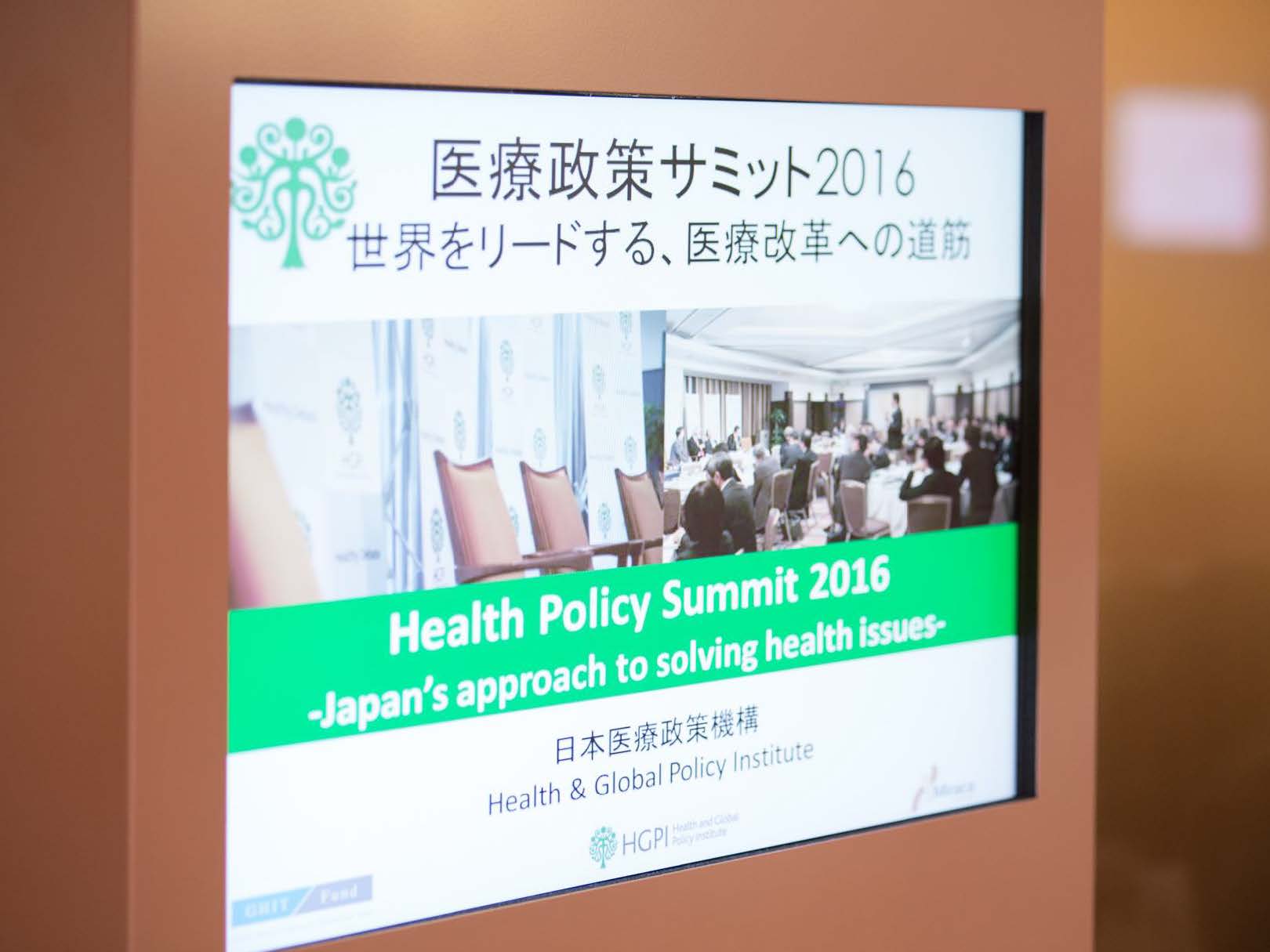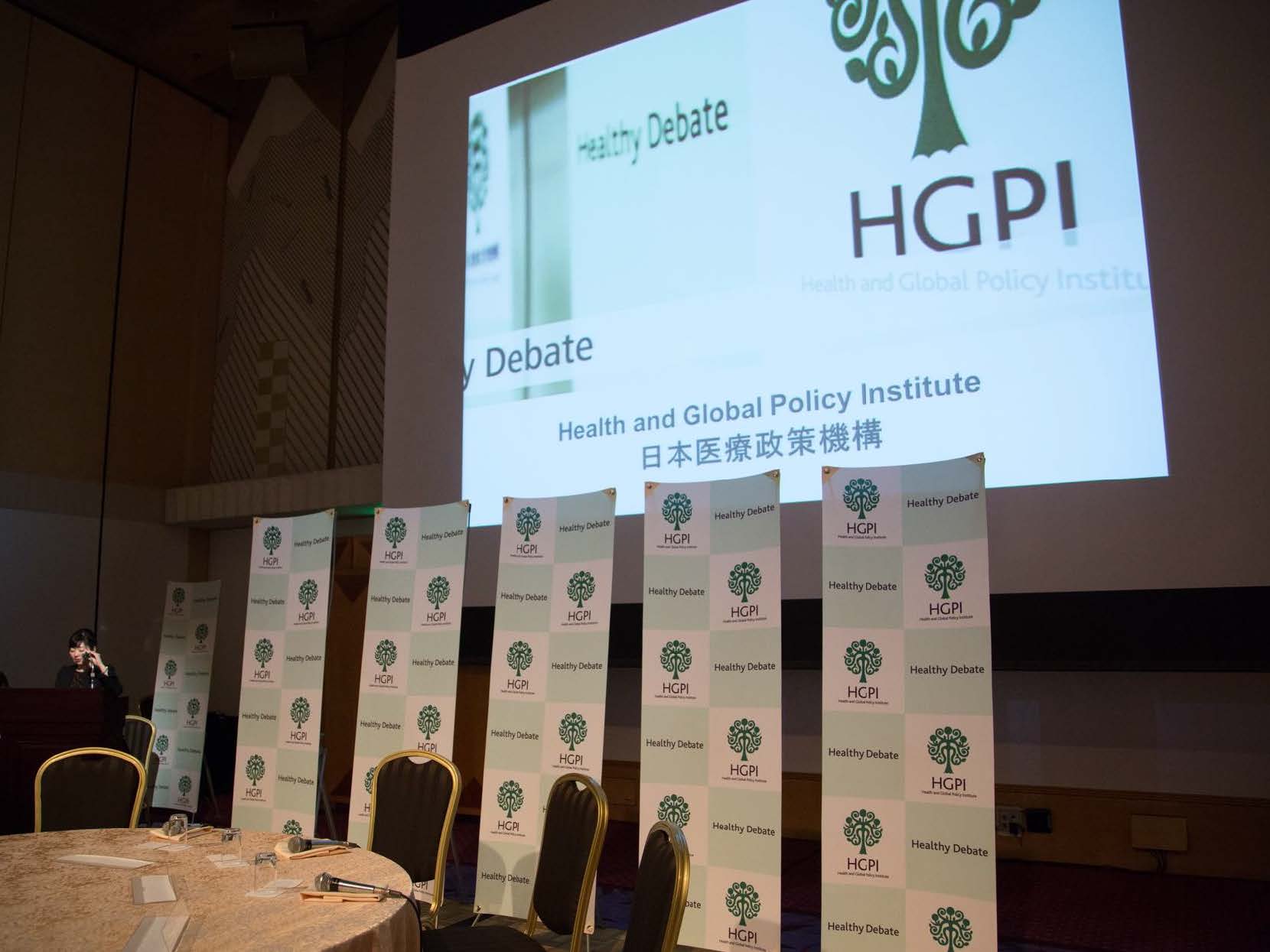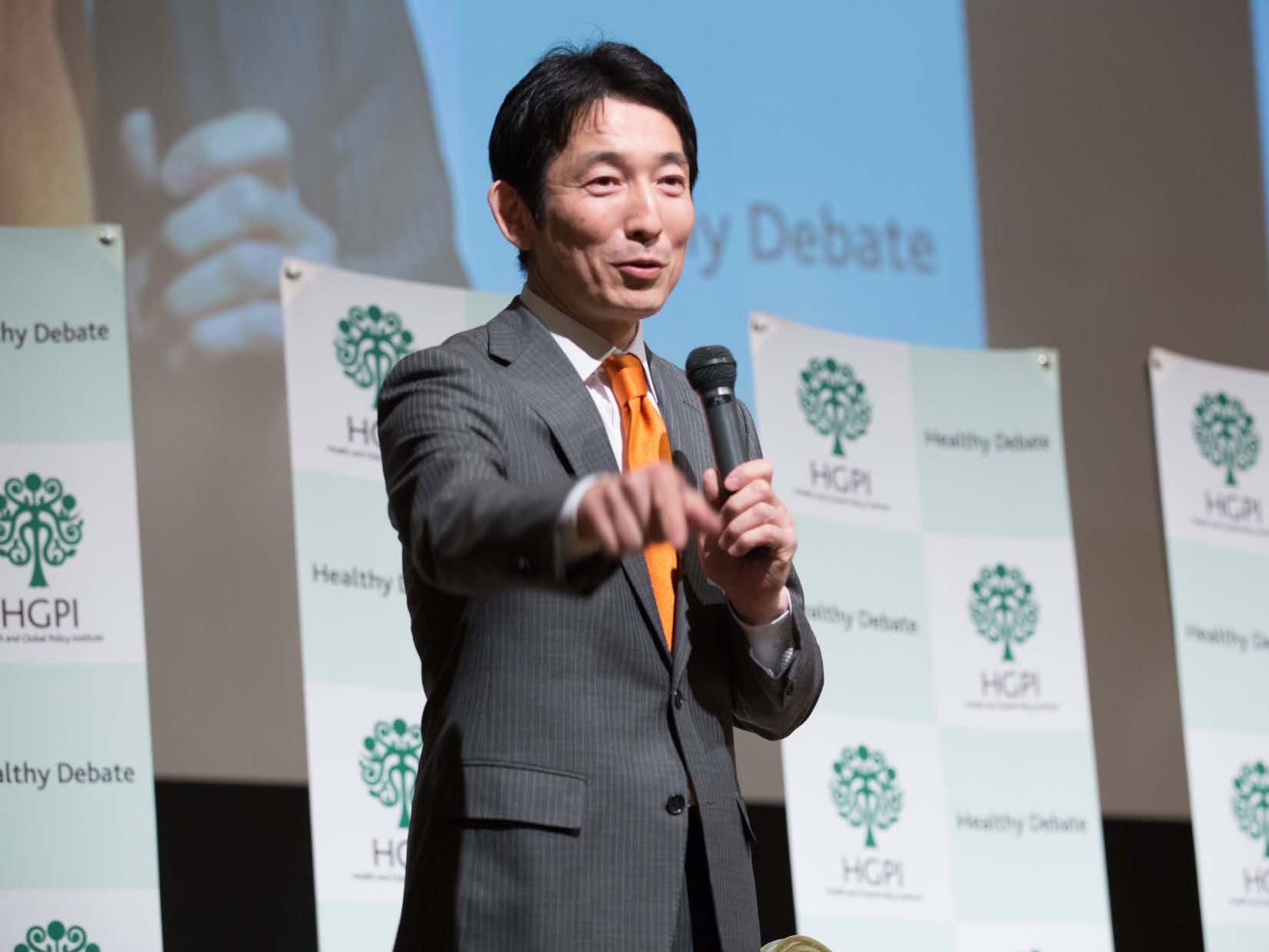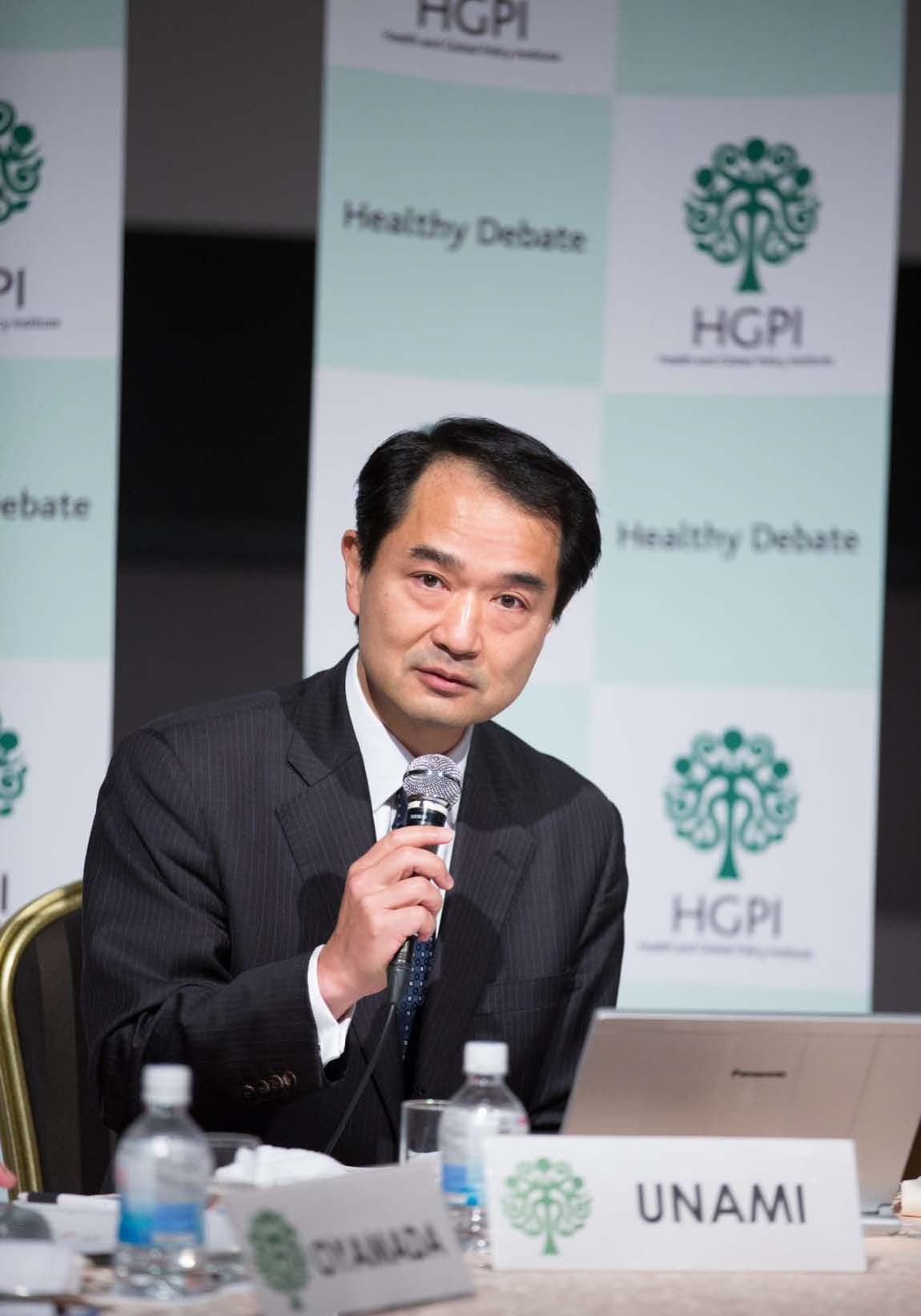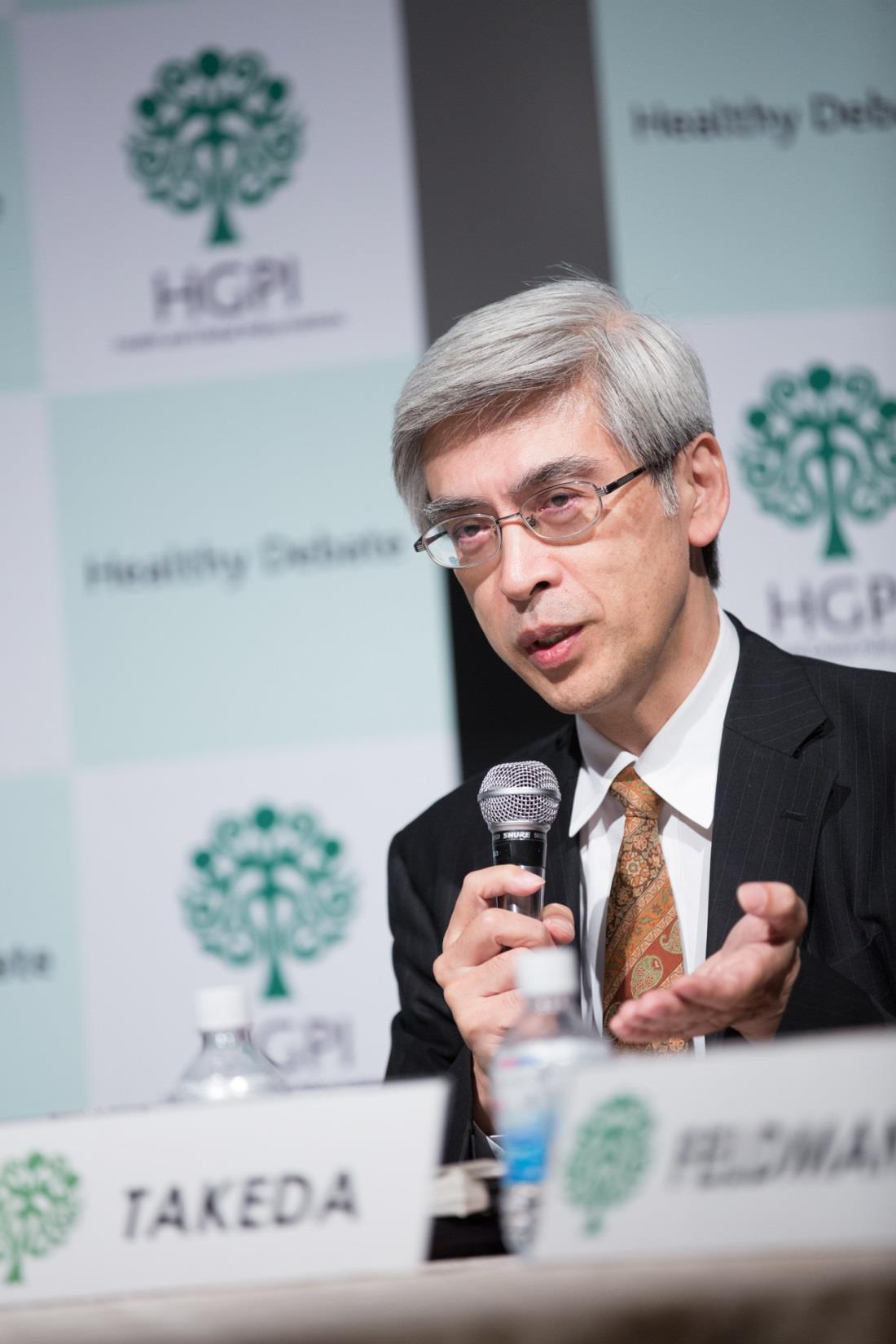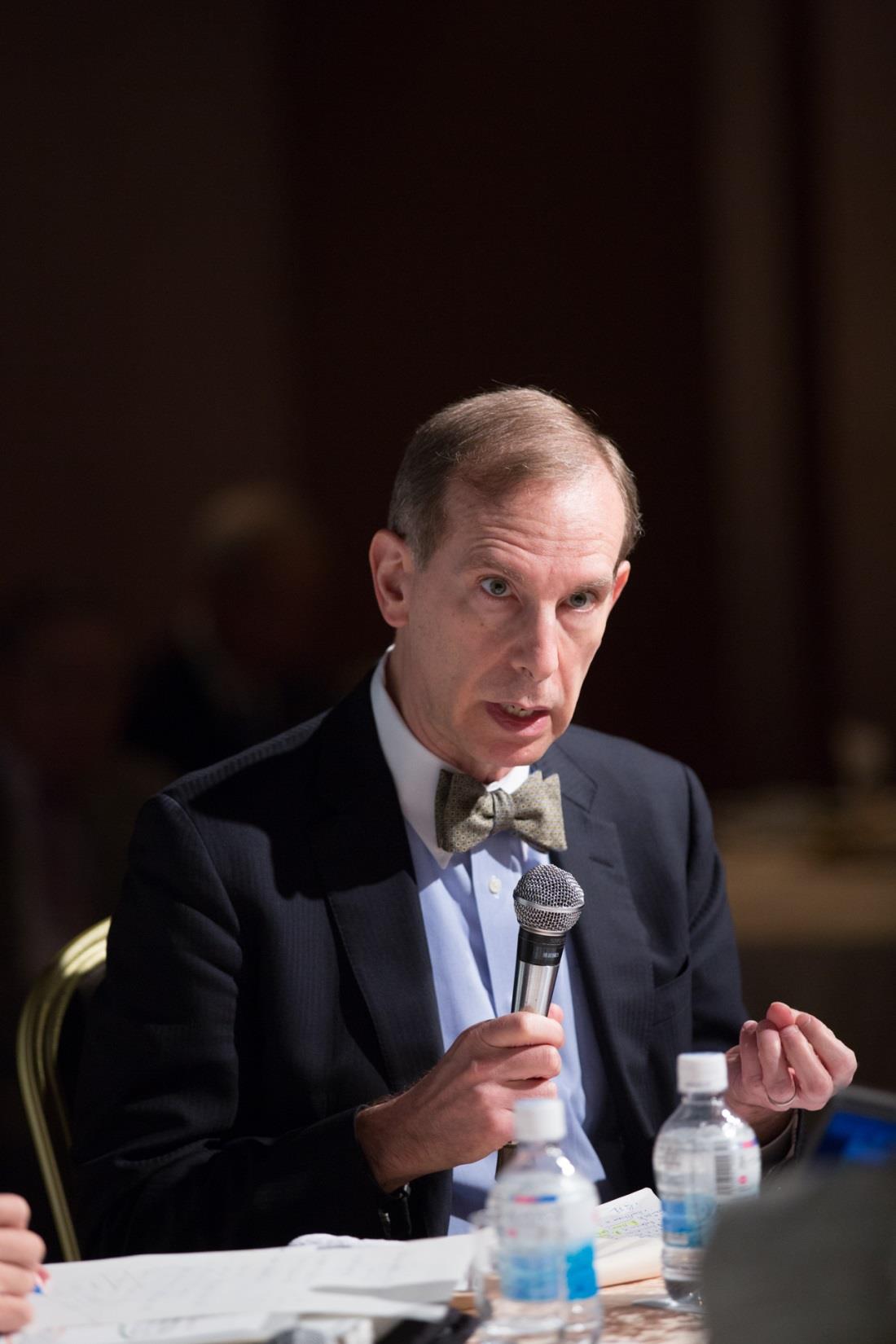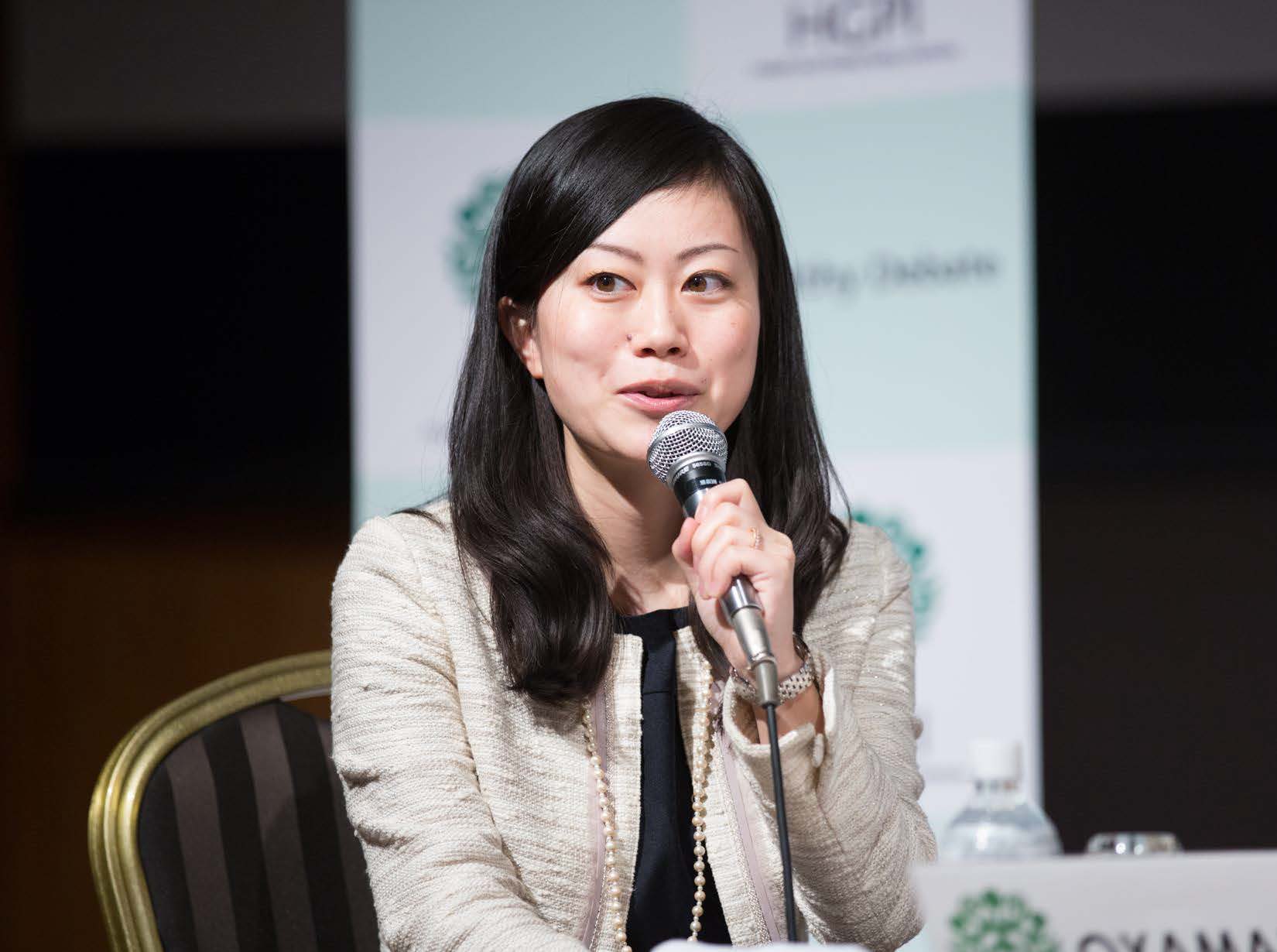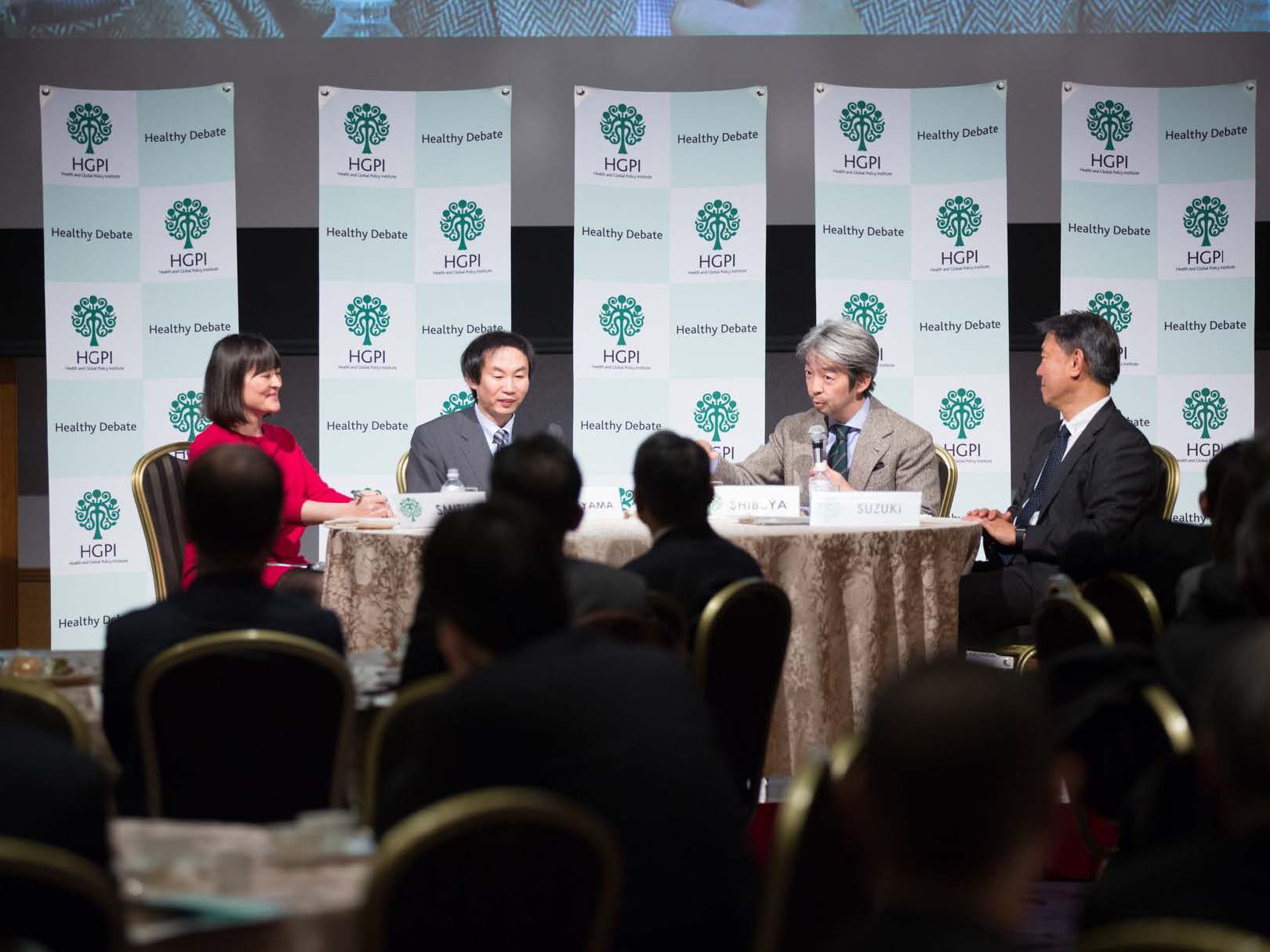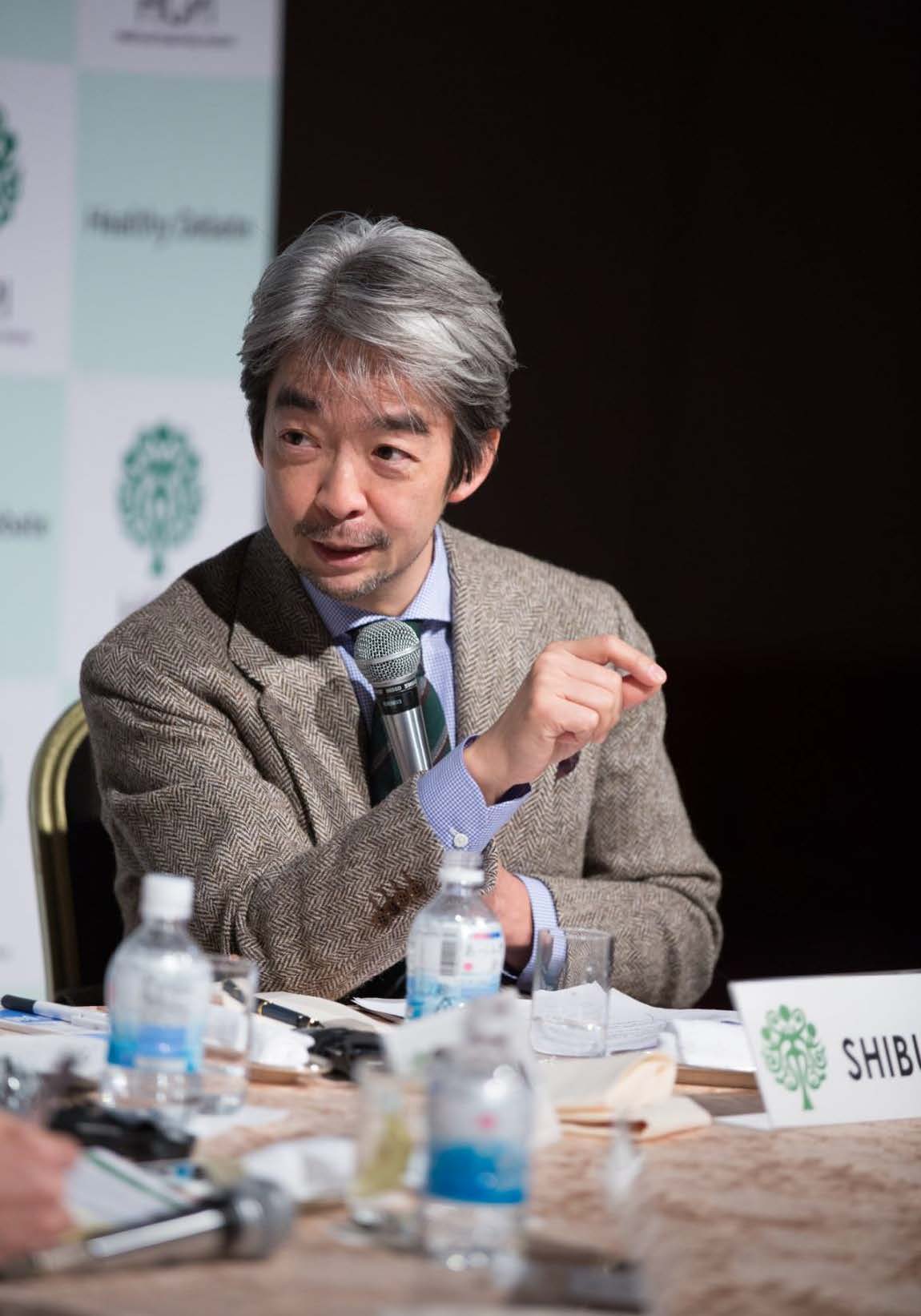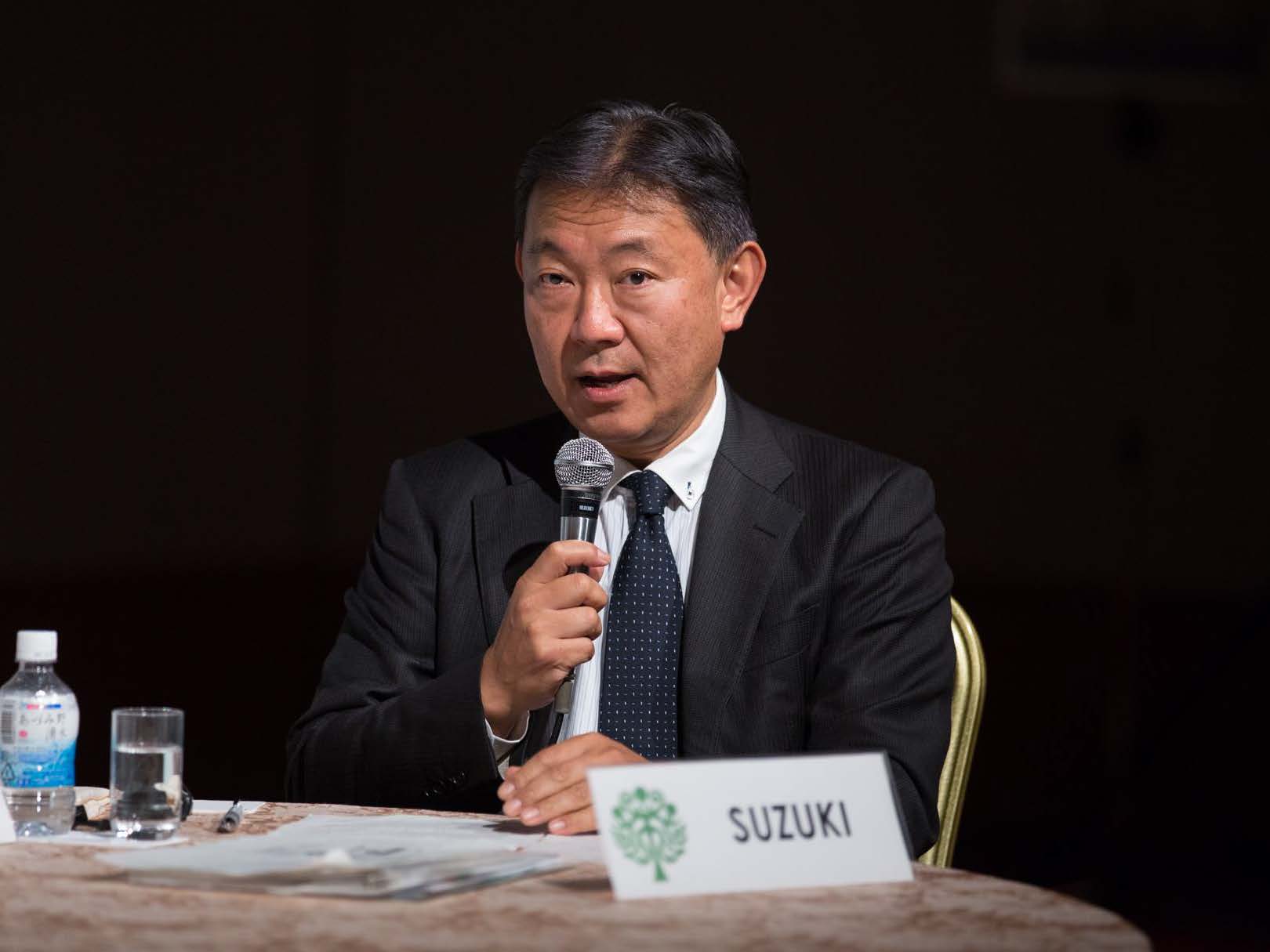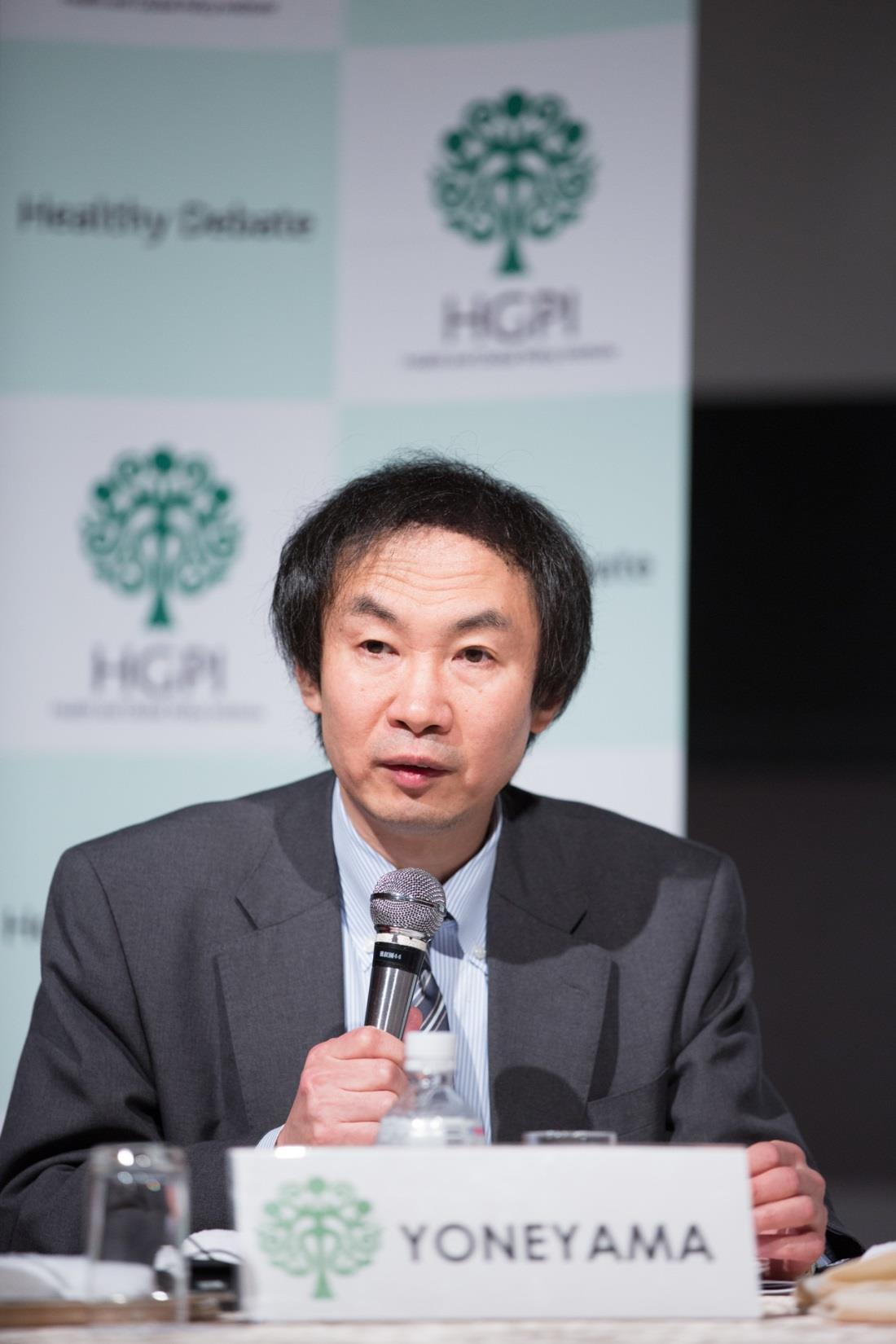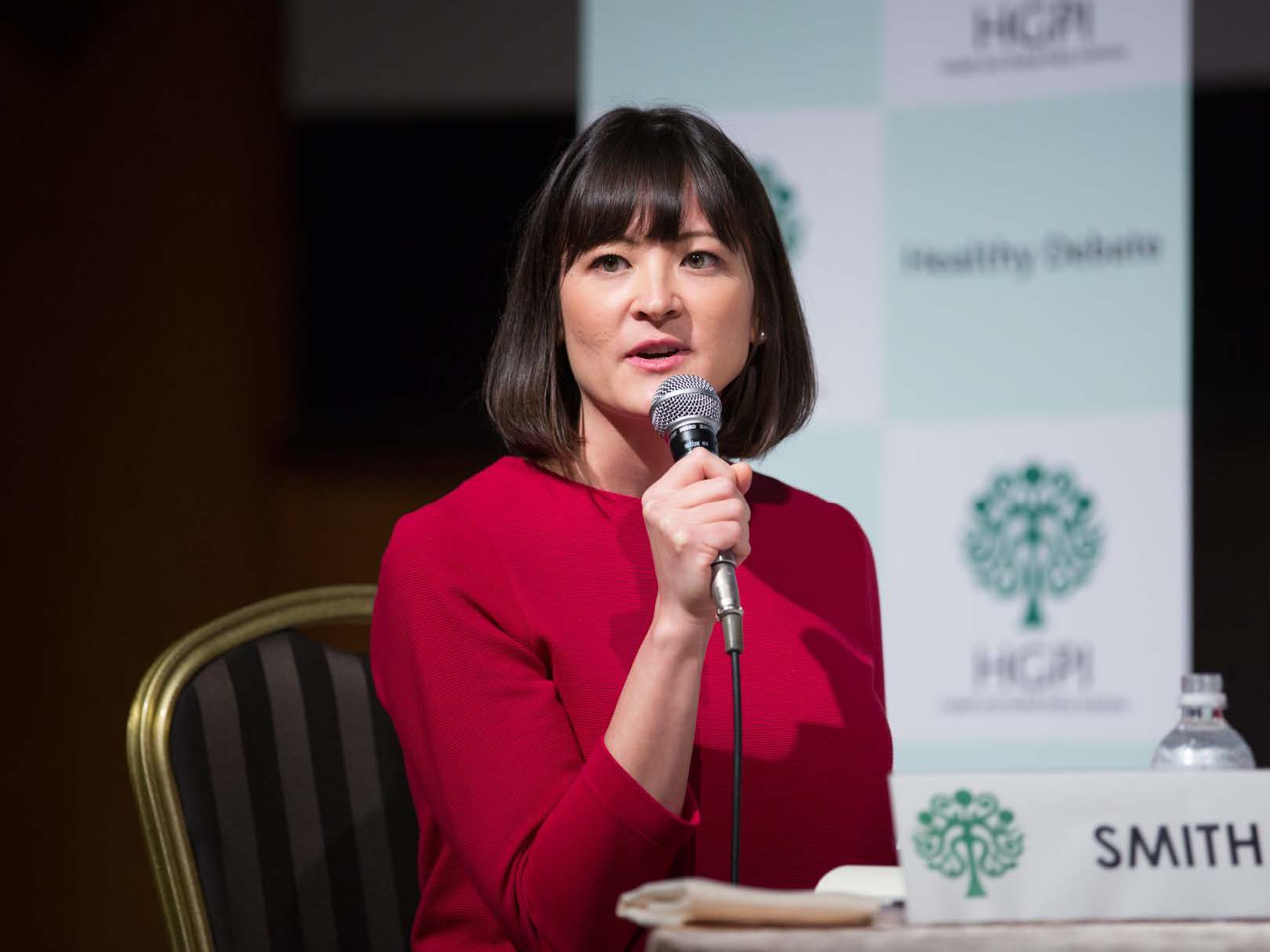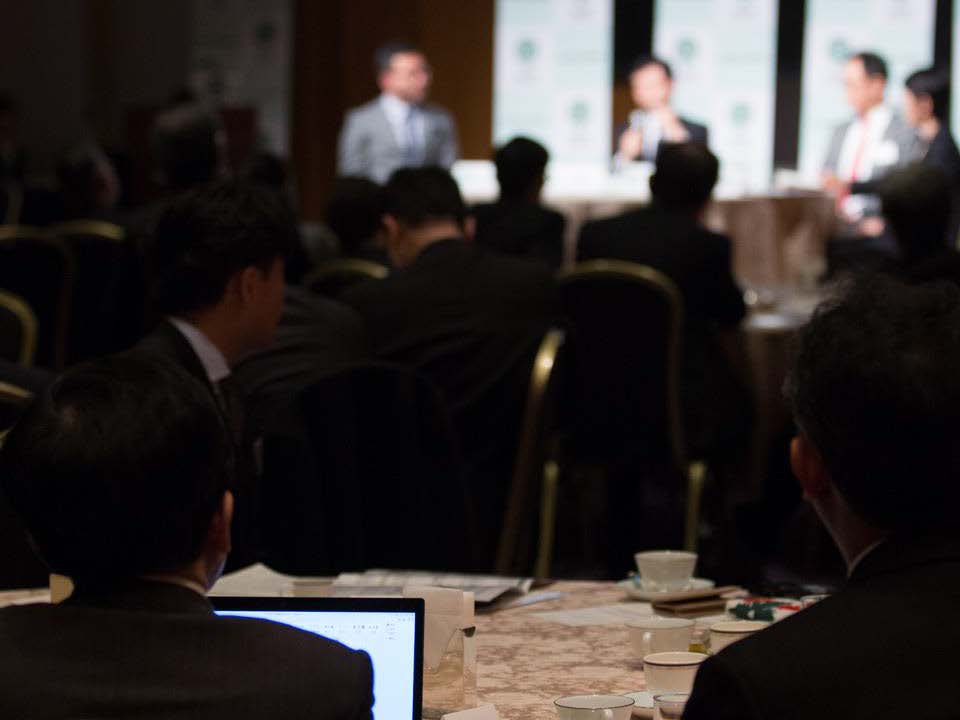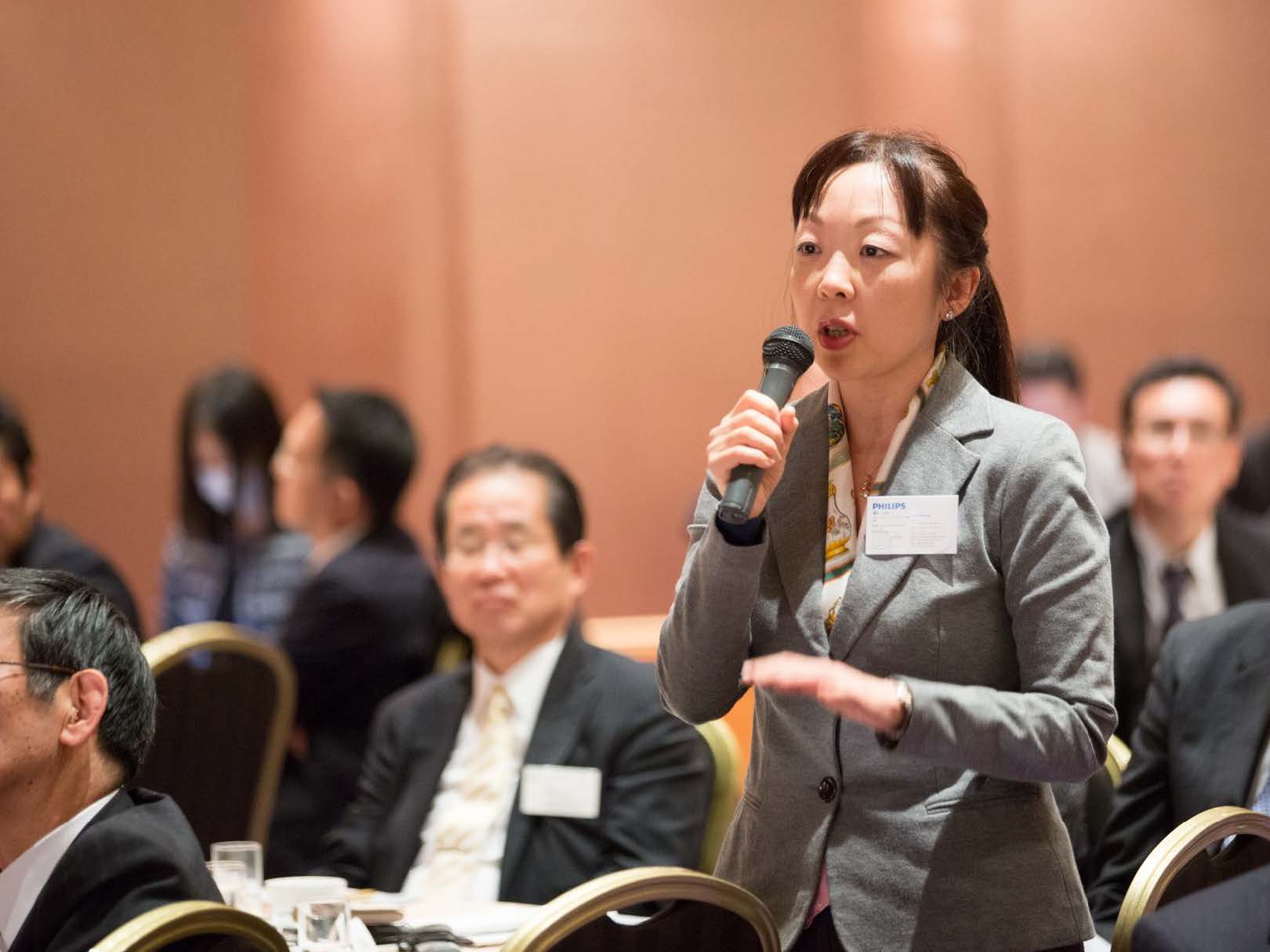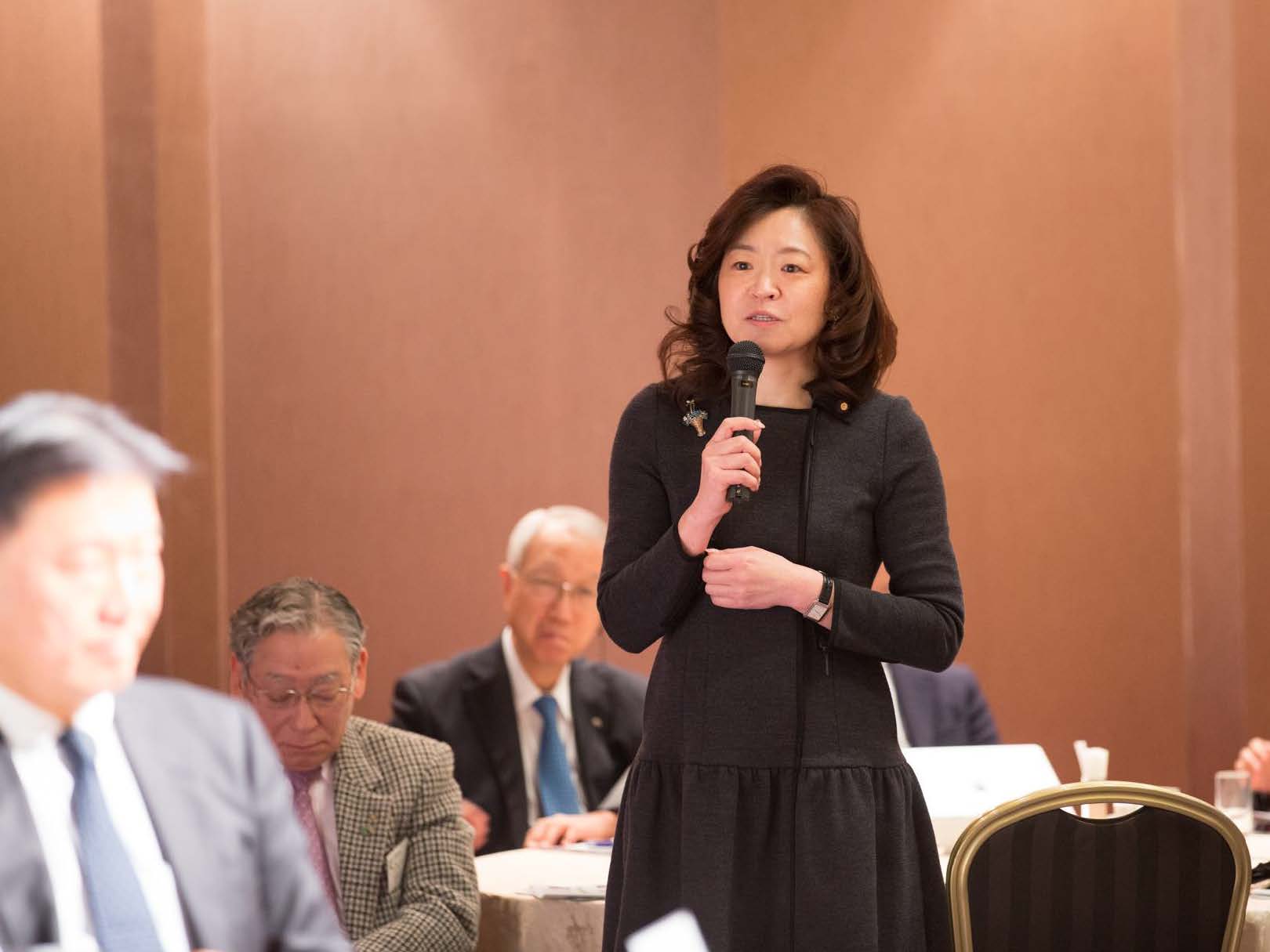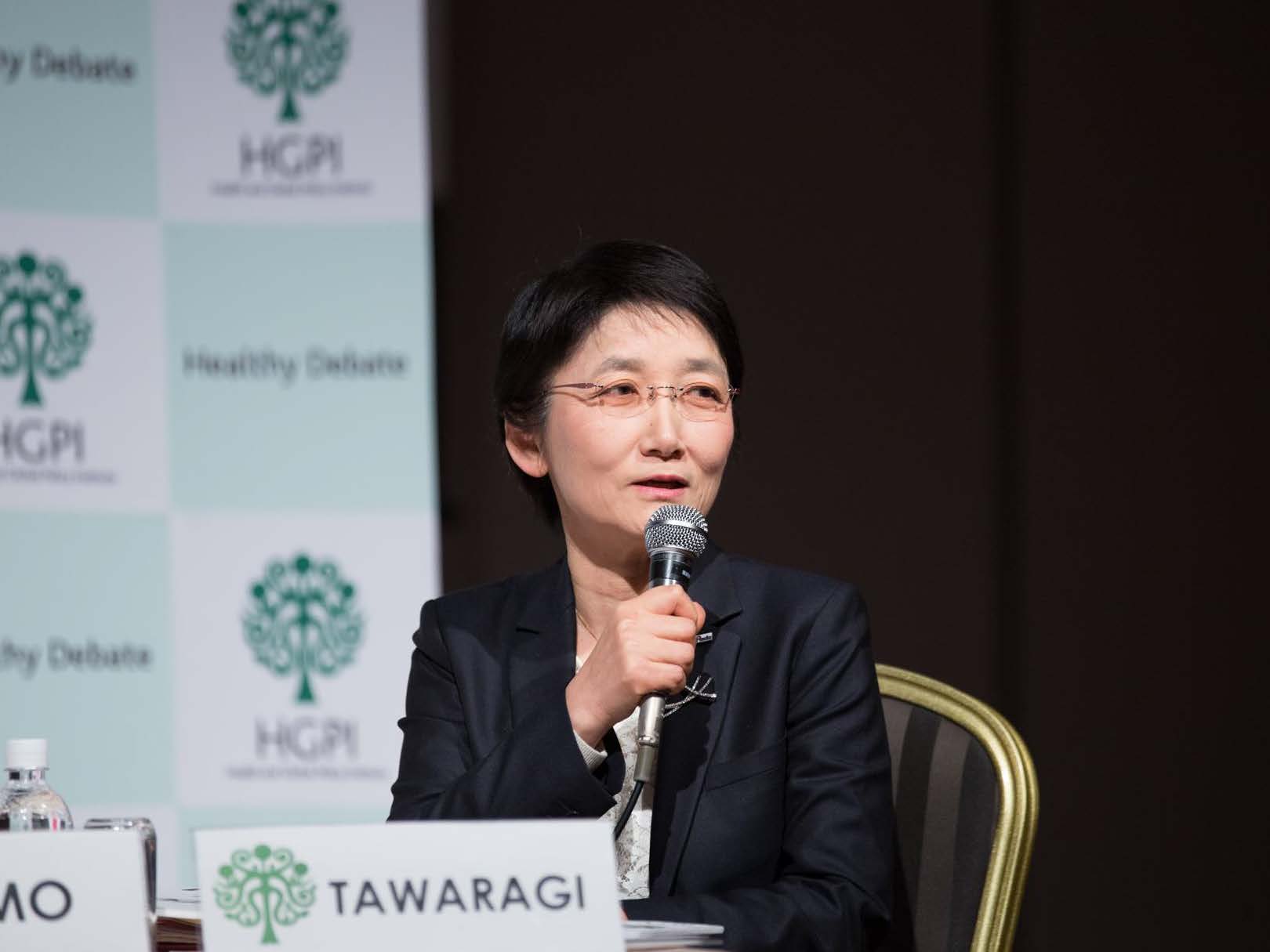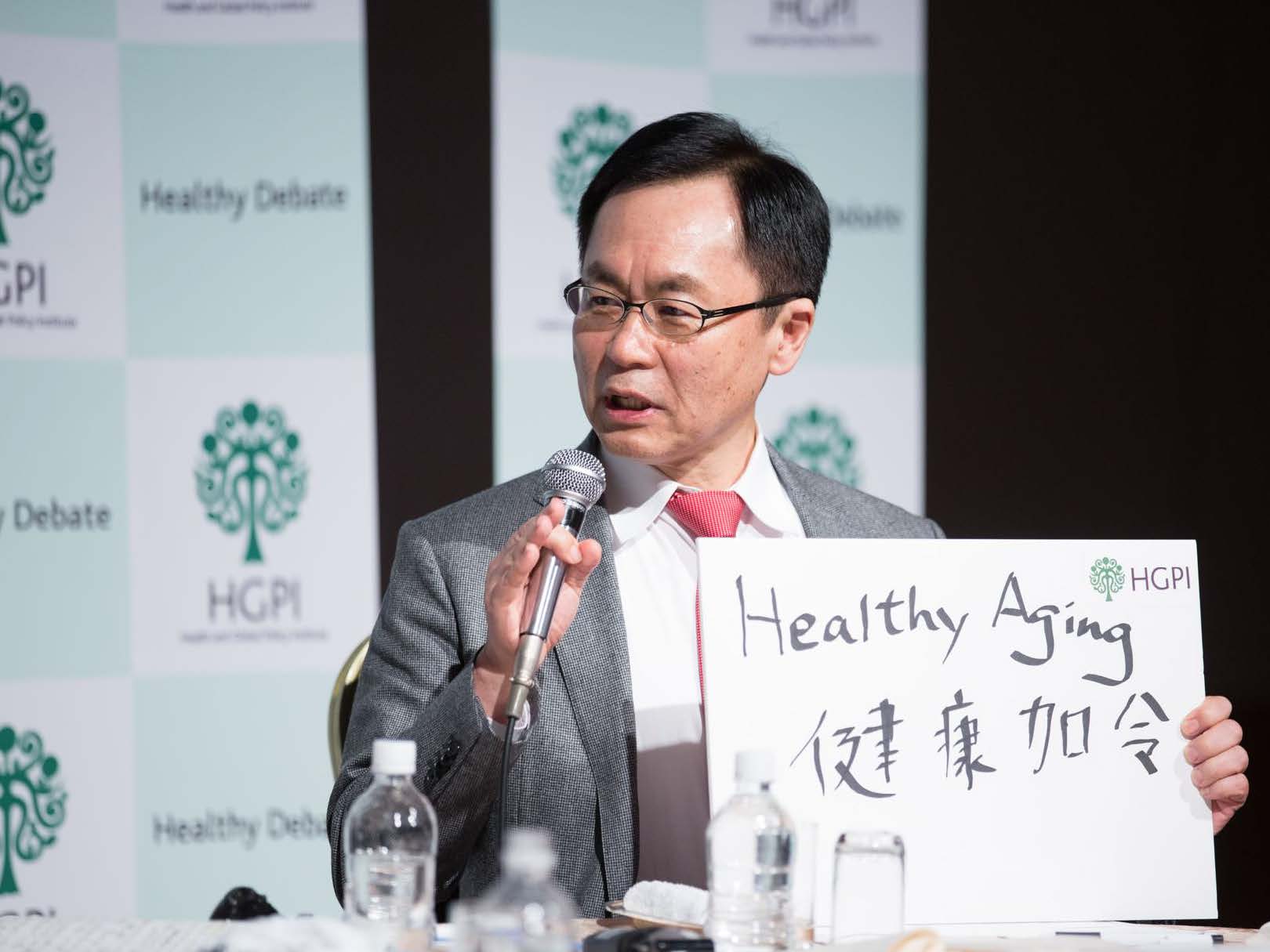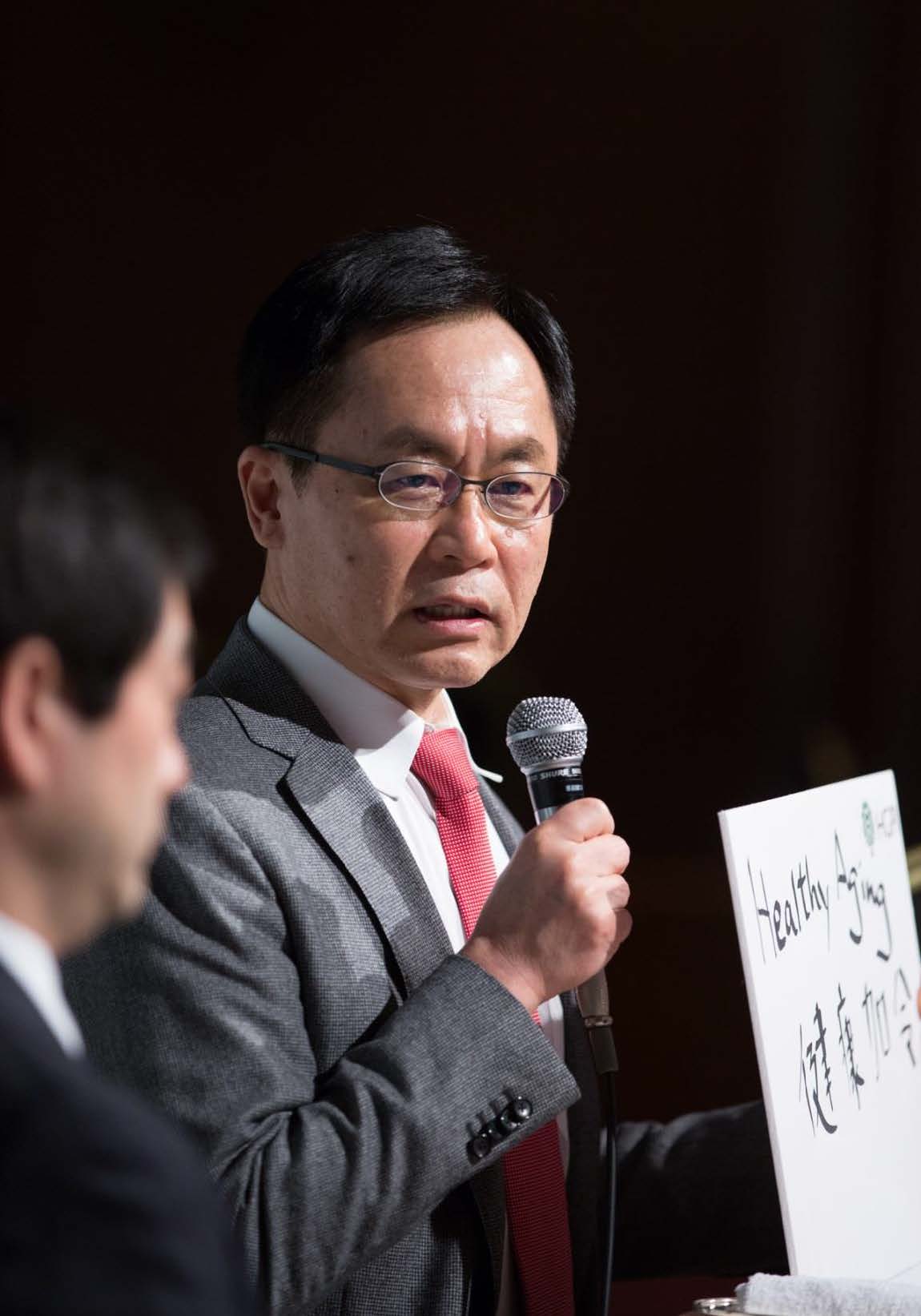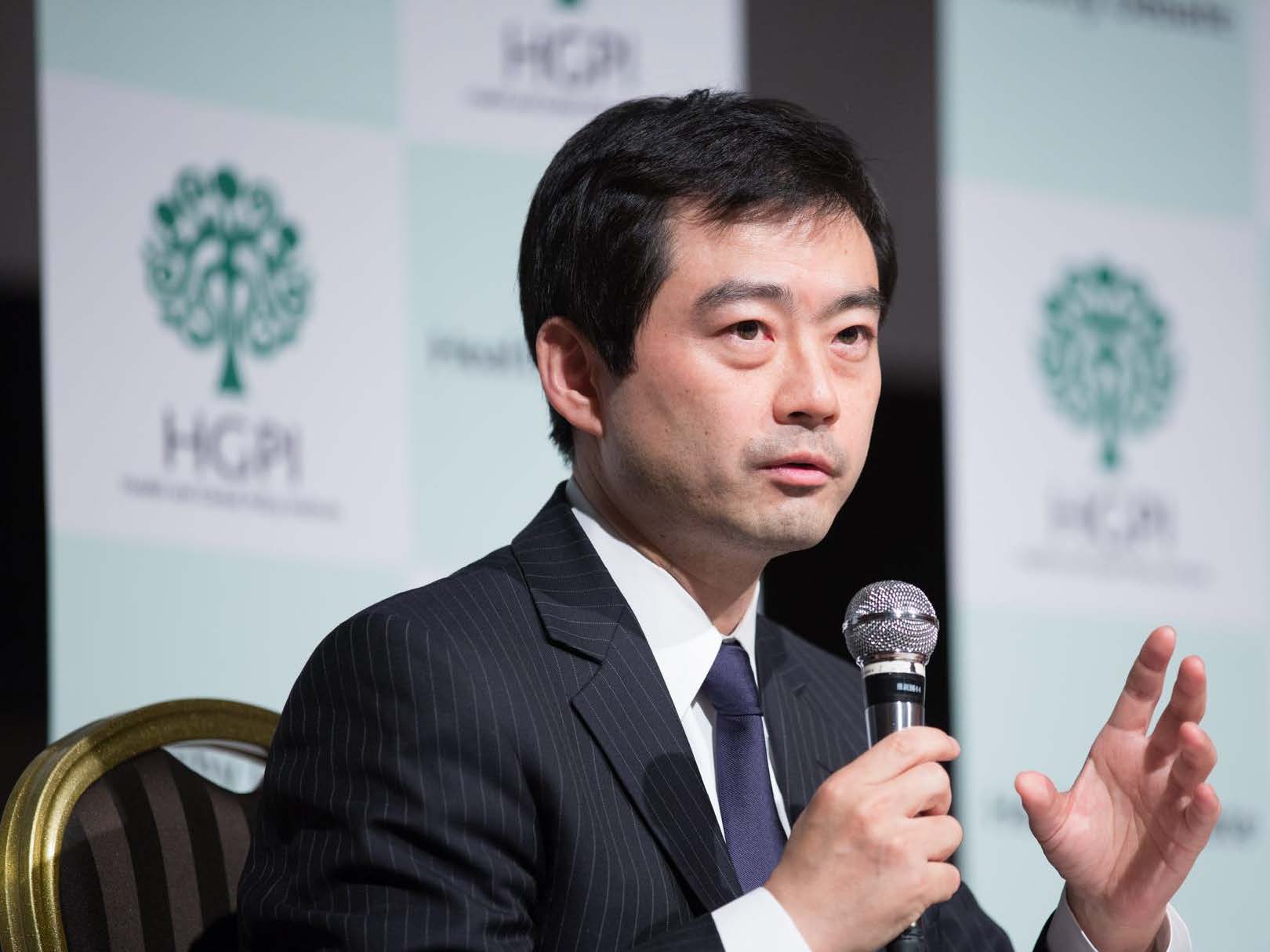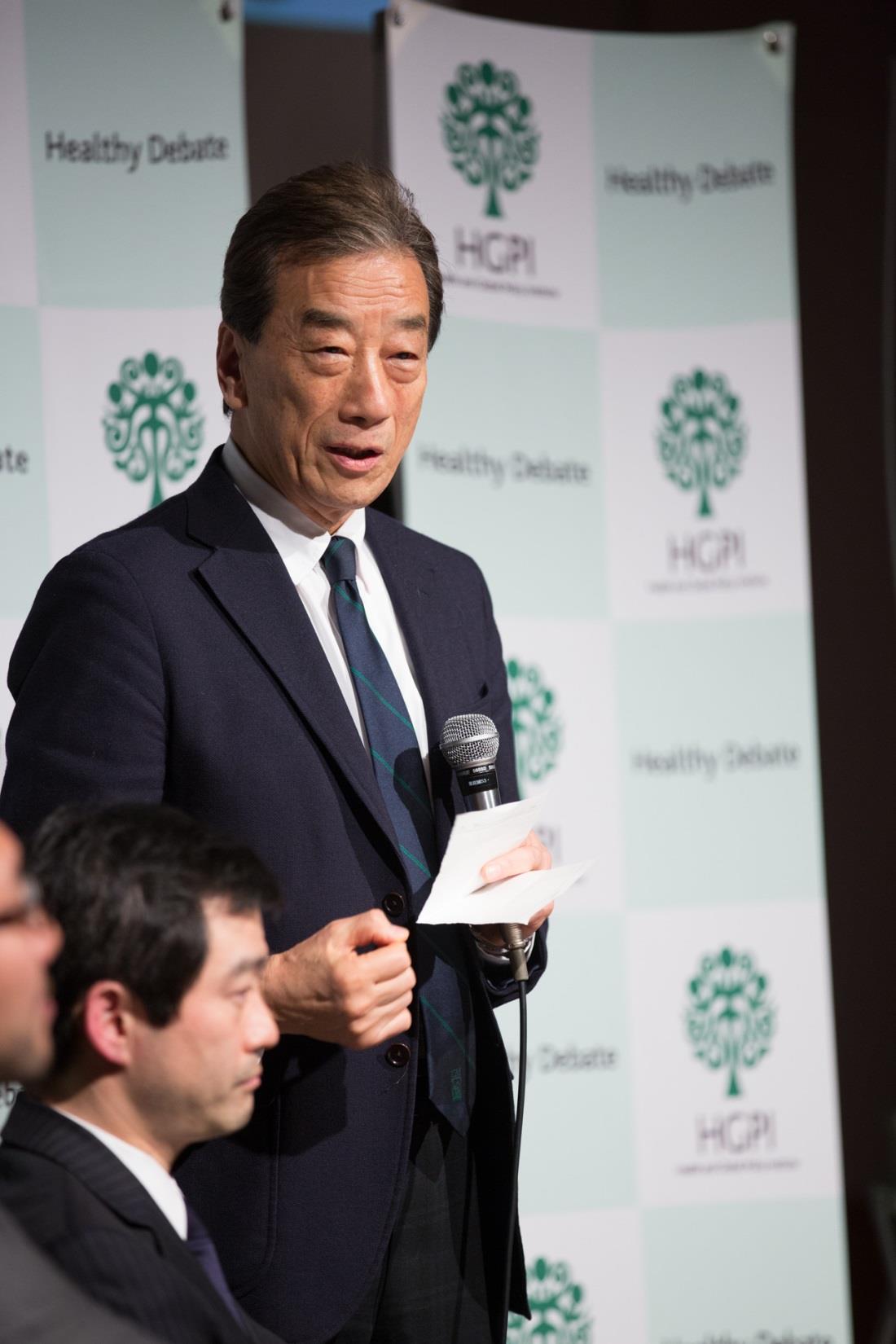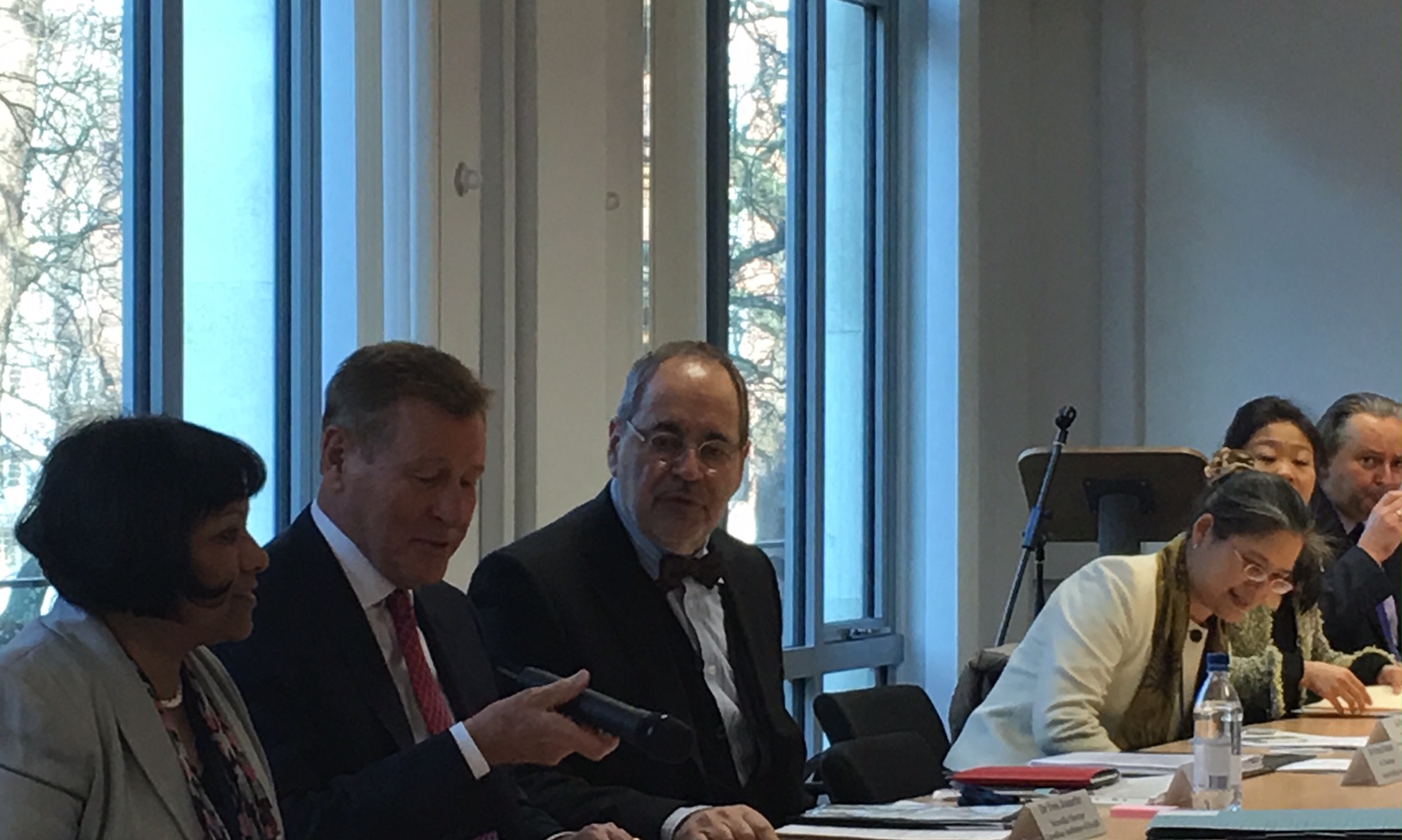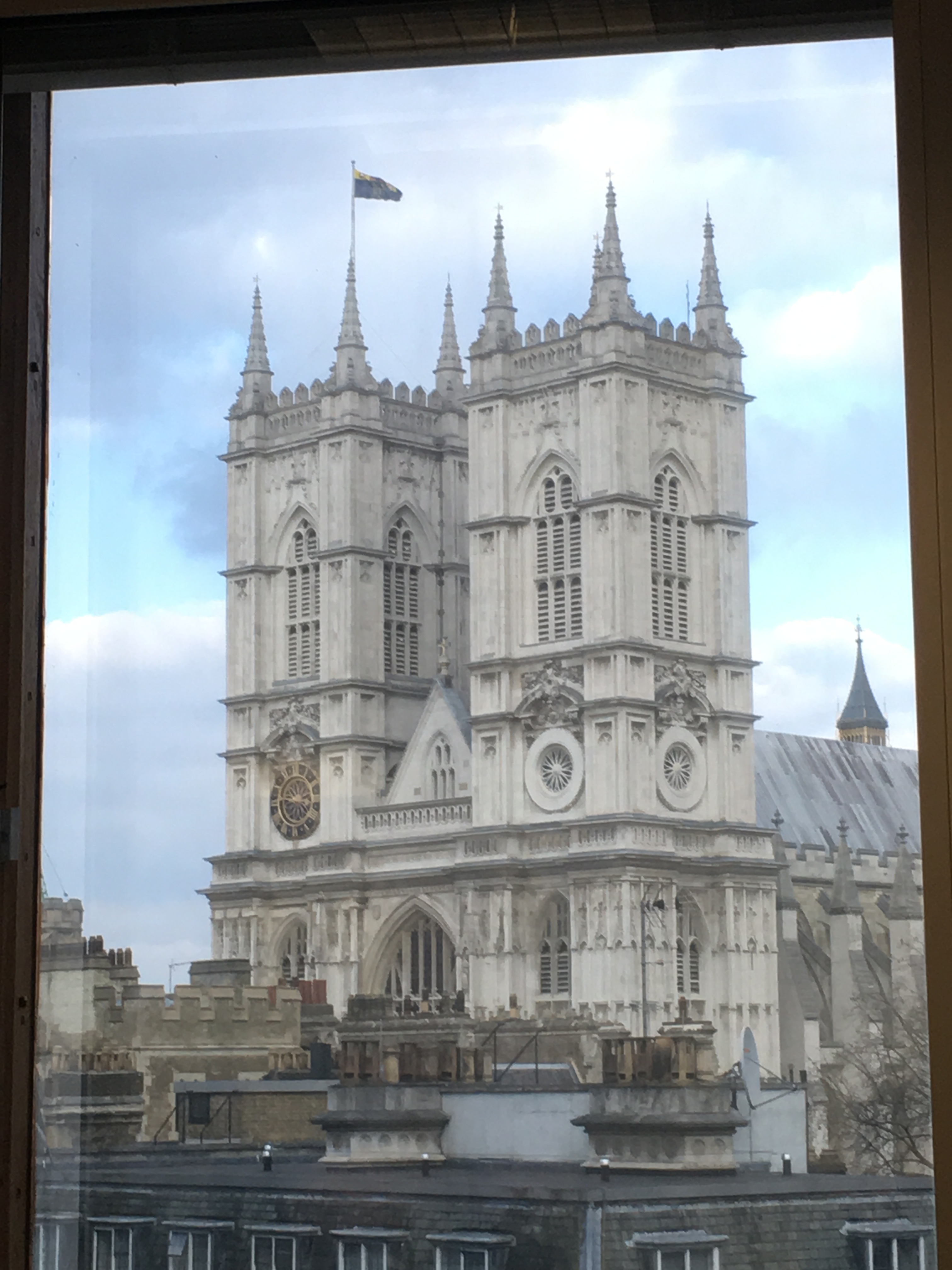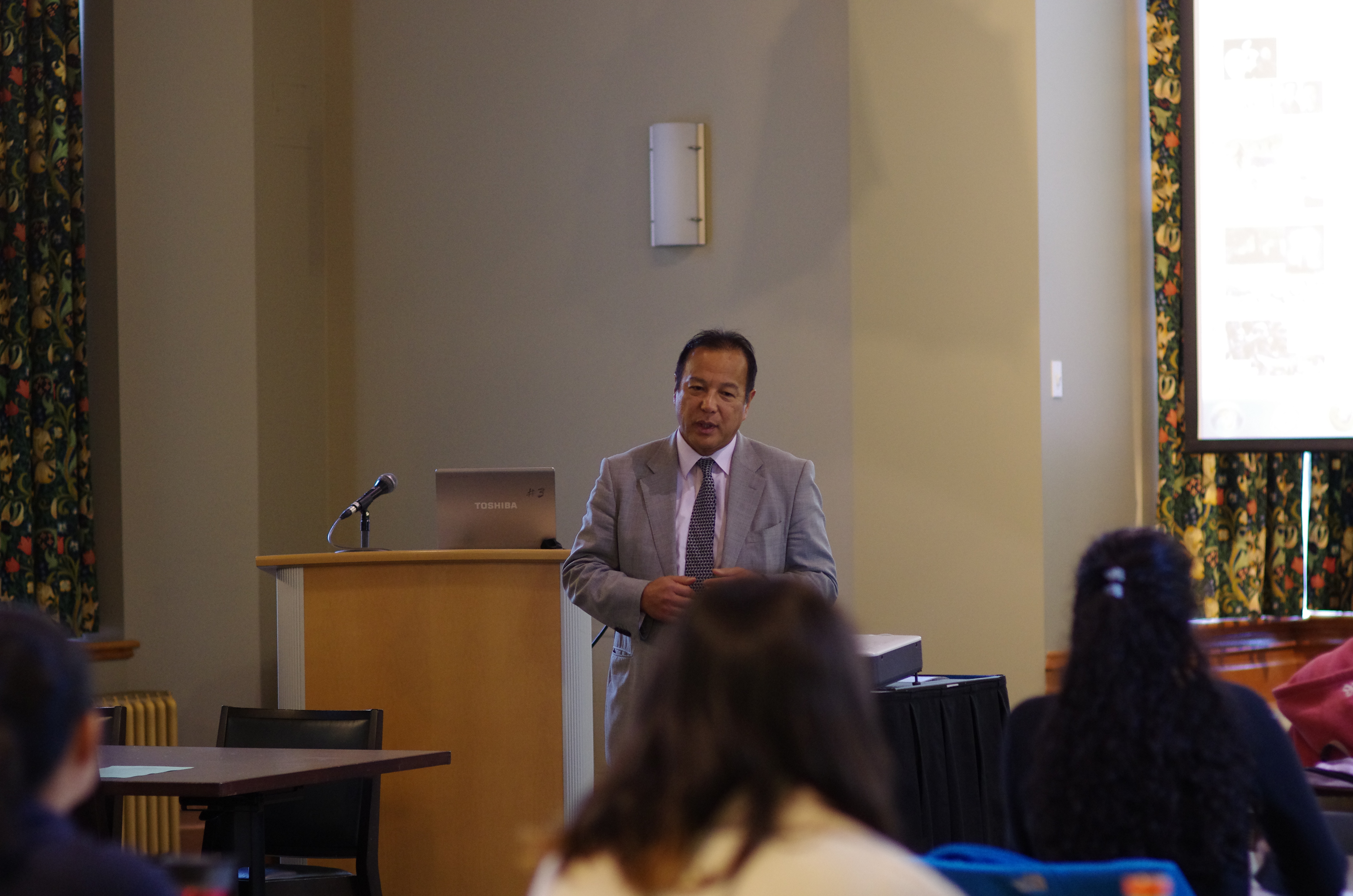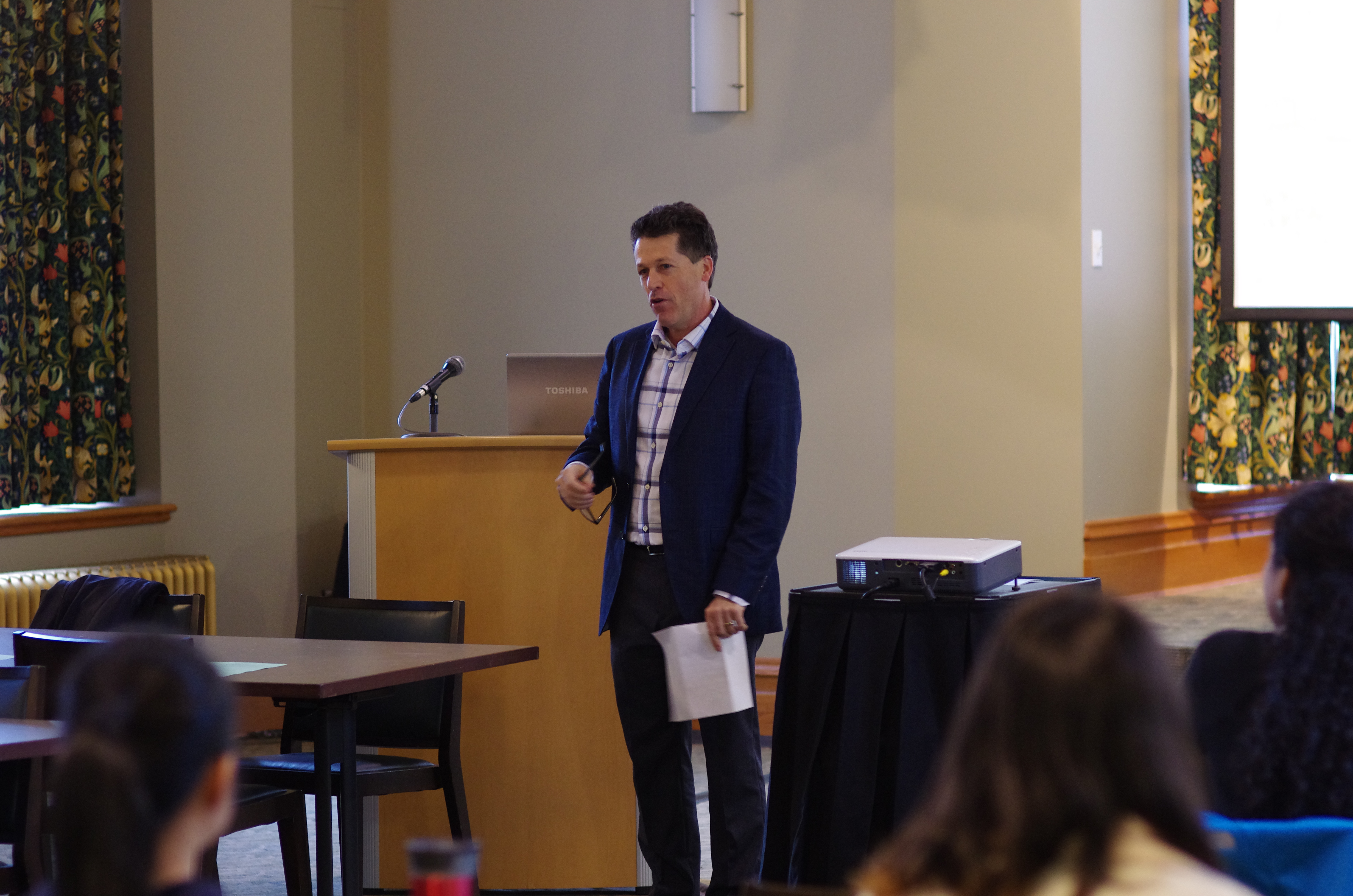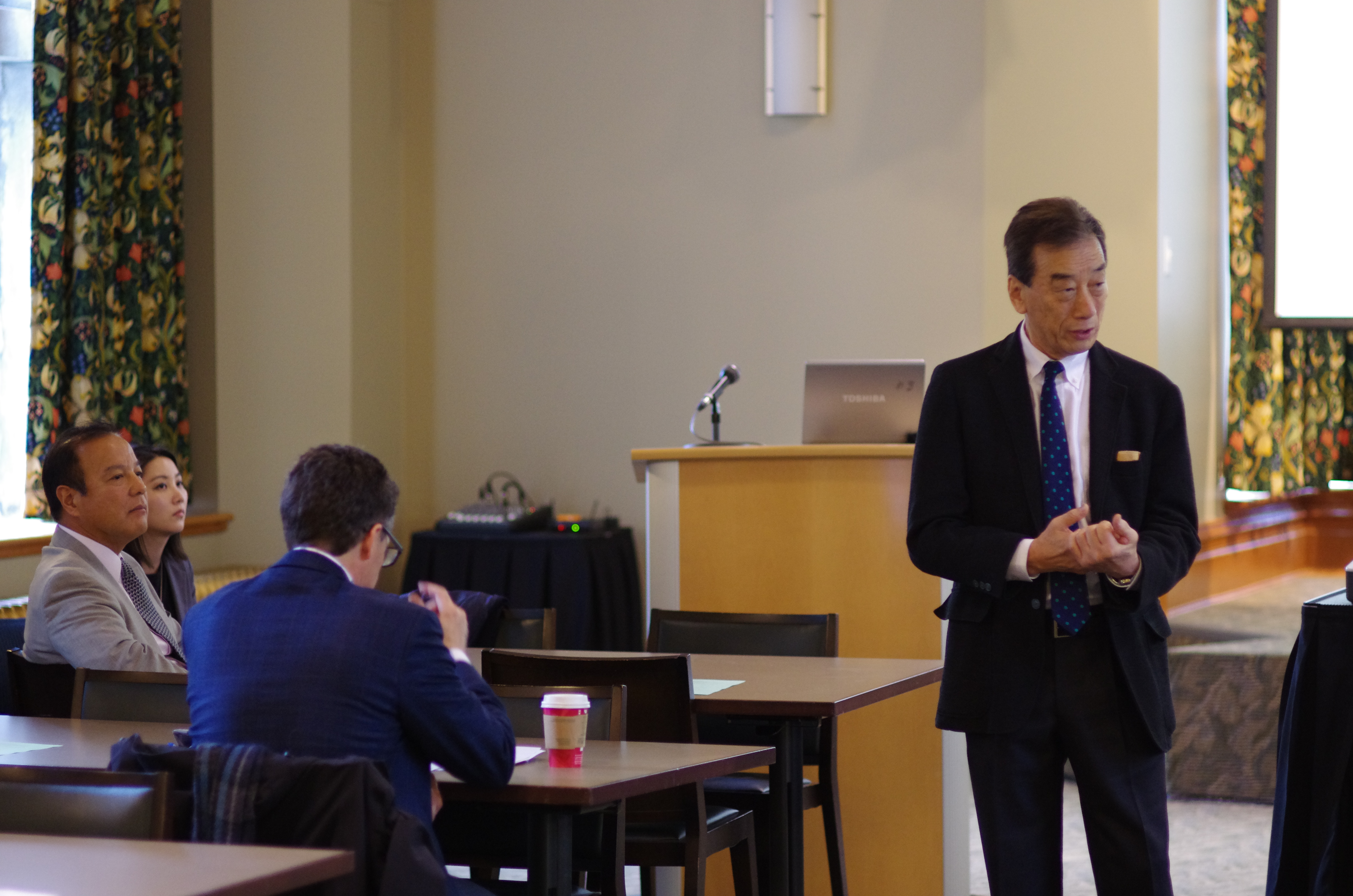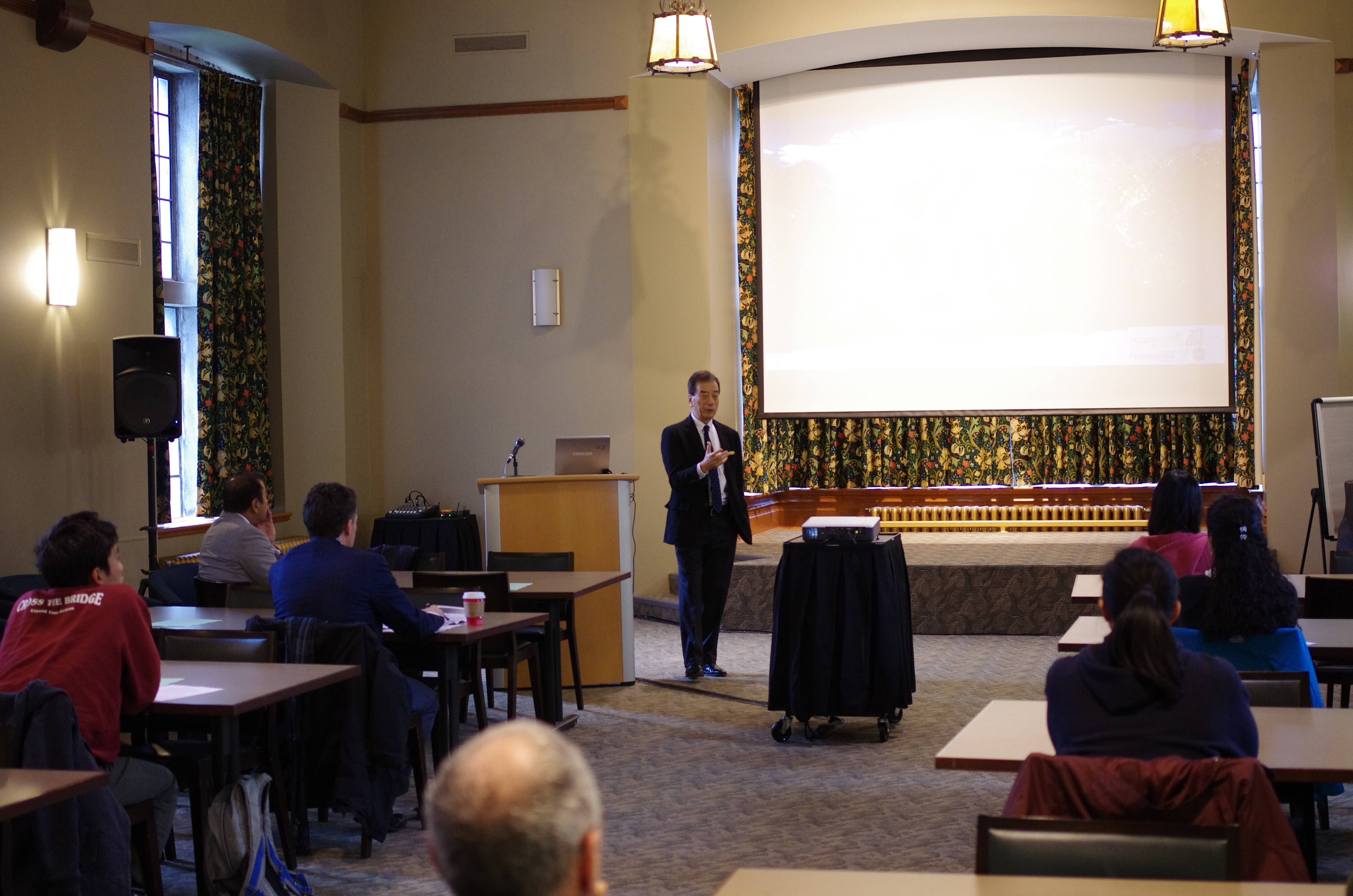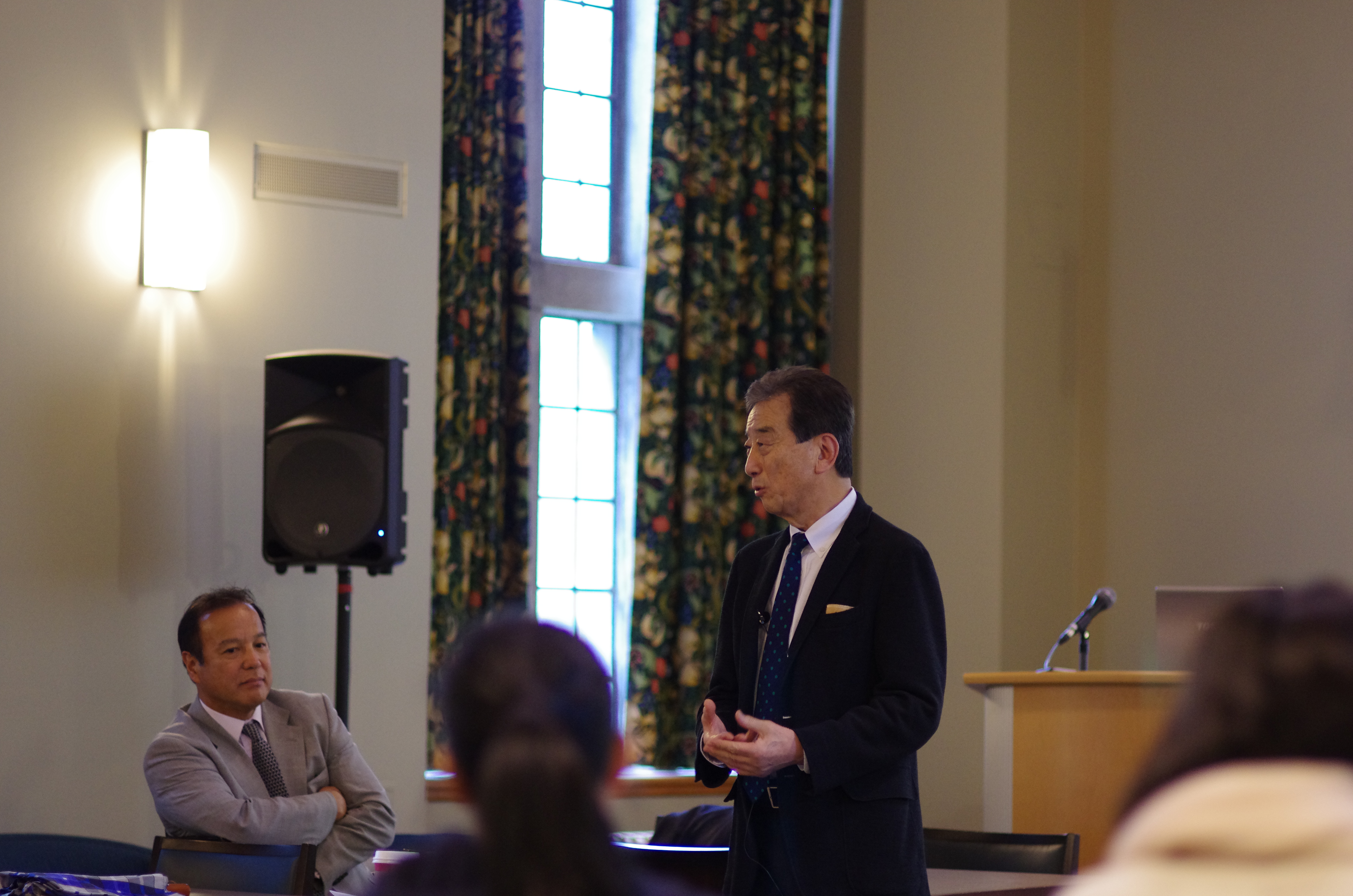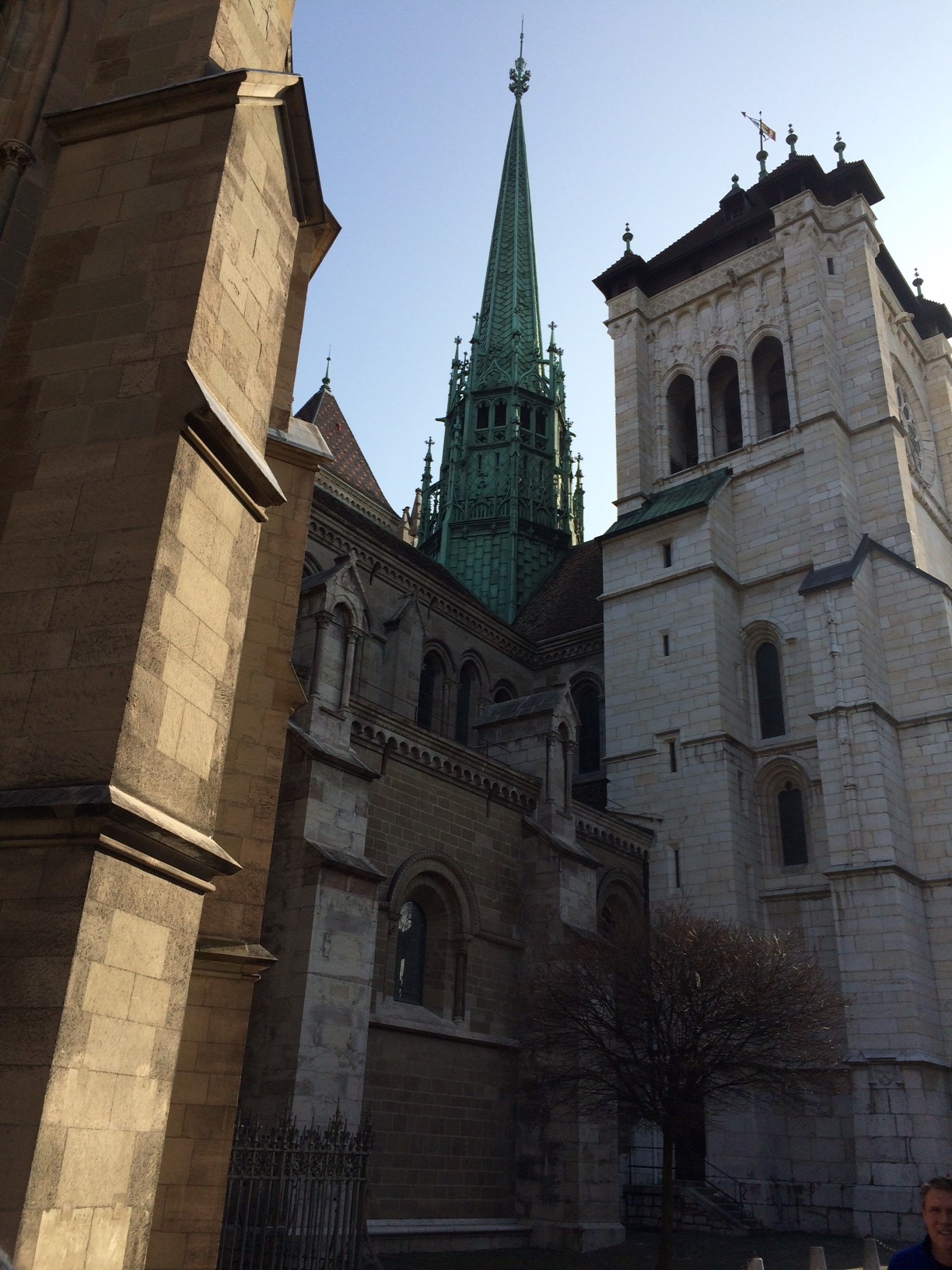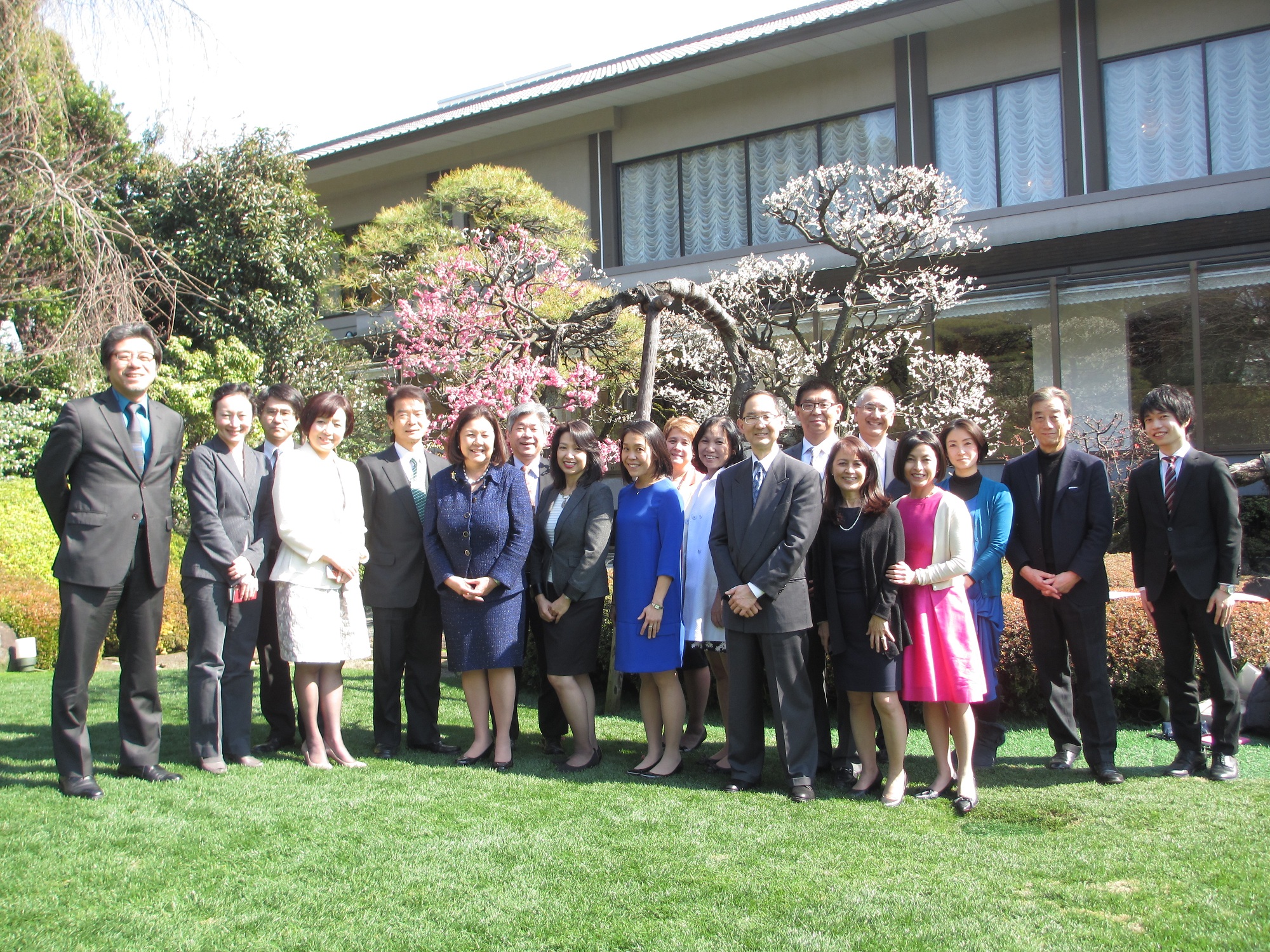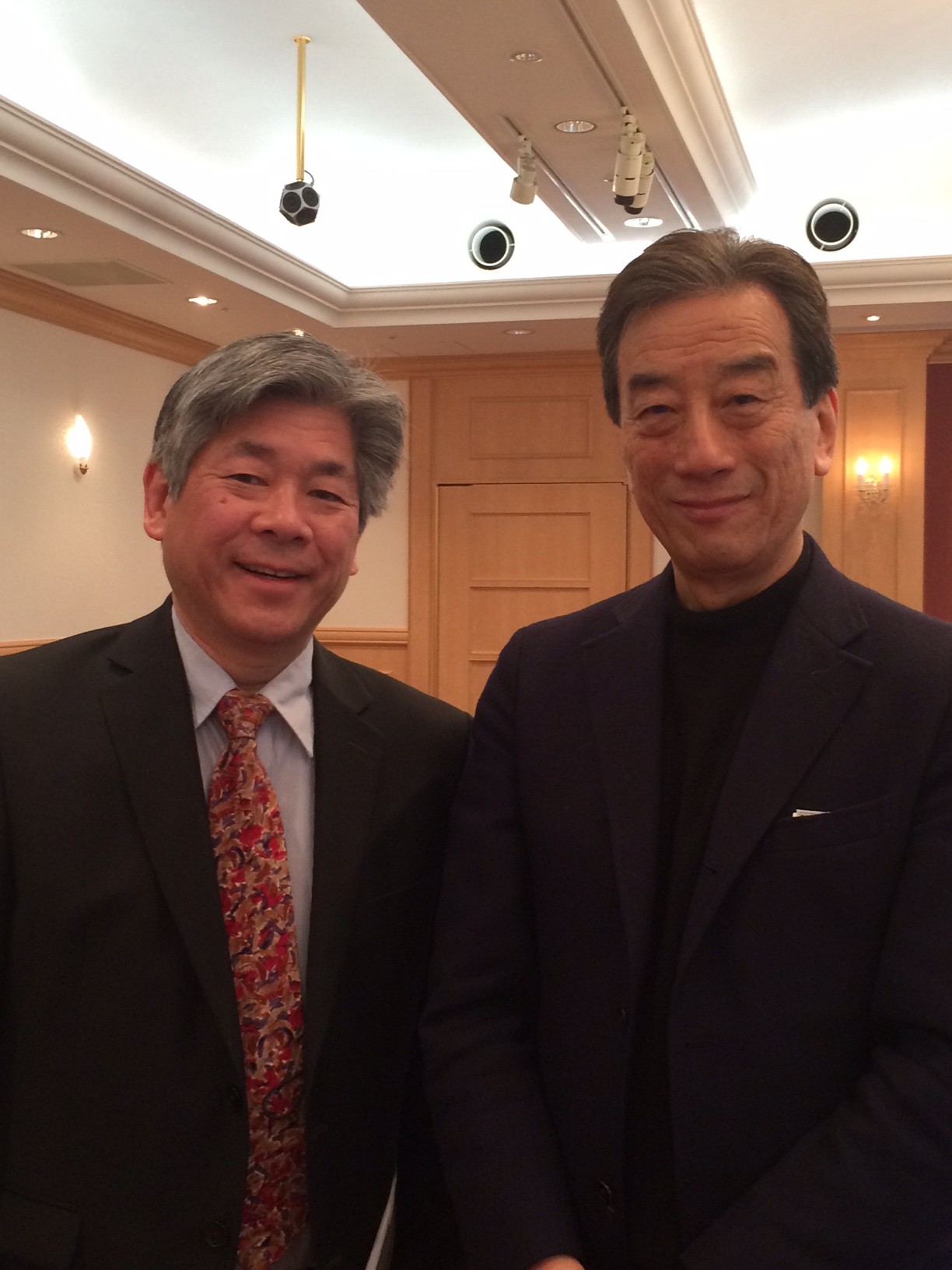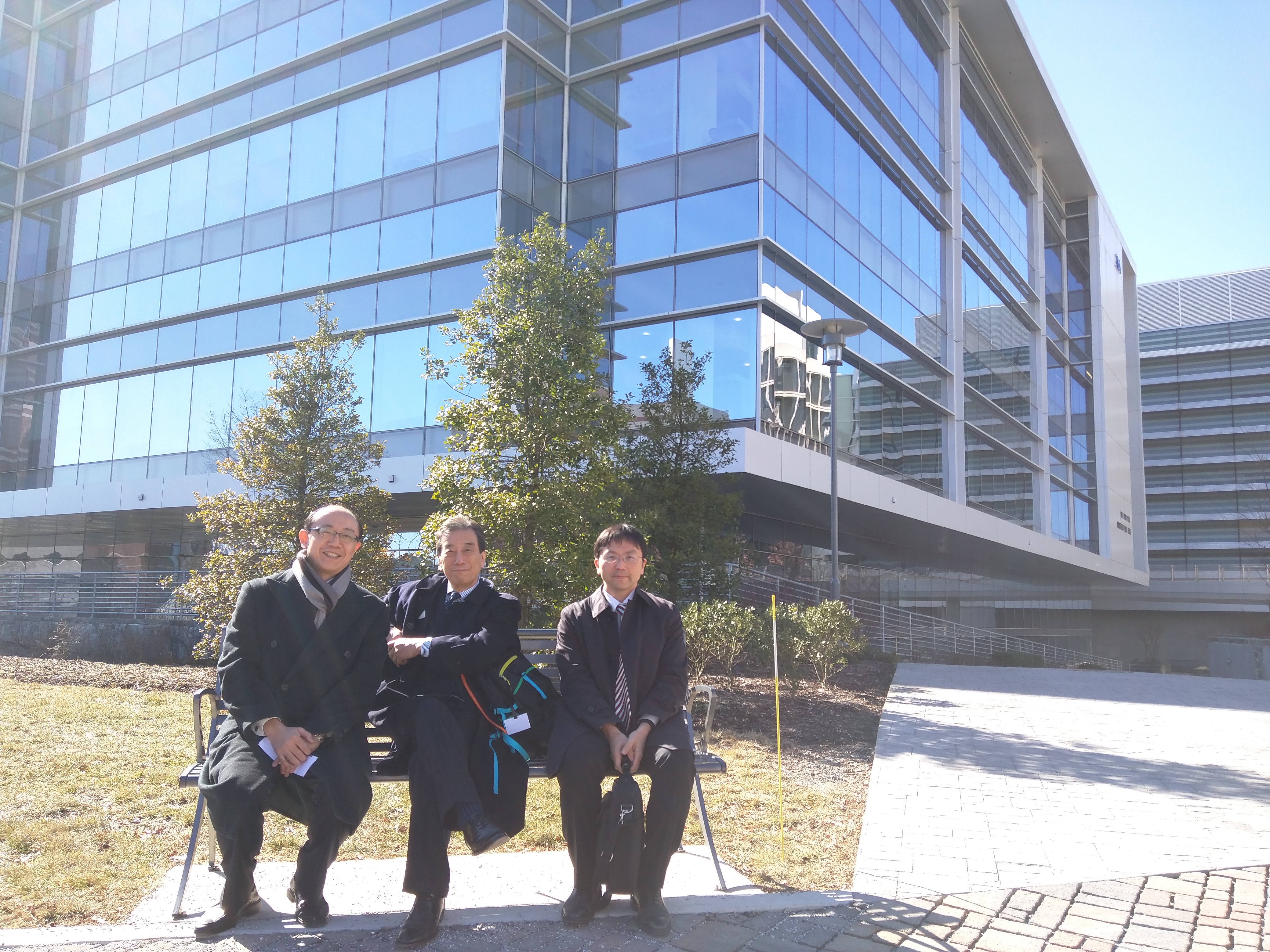In April, there were many conferences that focused on issues related to the G7 Summit agenda in anticipation of the Summit in May. The first G7 (originally G6) Summit was held in 1975. When Japan was the host country in 1979, the word “health” appeared for the first time on the G7 agenda.
Following this, Japan proposed the concept of a “Global Fund” at the 2000 Okinawa Summit; at the 2008 Toyoko Summit Japan presented the idea that human security can be guaranteed by strengthening health policy.
In this age of globalization, Japan has been a pioneer in recognizing that “global health” is becoming an important keyword on the agenda.
On April 18th, there was a conference on the issue of Antimicrobial Resistance (AMR), co-hosted by the Center for Security and International Studies (CSIS) in Washington D.C. and HGPI, of which I serve as Chairman. There should soon be a report of the conference on the CSIS website. This conference was very substantial in content, with rigorous discussions that were to the point and highly evaluated by the audience.
On Tuesday the 19th, I attended the garden party at the British Embassy celebrating the 90th birthday of Queen Elizabeth II. Ambassador Hitchens gave an excellent speech in his usual manner, which was well received by the crowd. I had the opportunity to discuss with the first secretary who is in charge of the issue of dementia and items on the G7 Summit agenda.
On Wednesday the 20th, I had dinner with the head of a British think tank. We discussed the situation in the East China Sea and I had the chance to hear things that are rarely openly disclosed. We discussed that since the UK and Germany are currently facing major issues within their countries, it was difficult to conduct agenda setting for the G7 Summit in Japan. Since the G7 countries make up less than 50 percent of the world’s overall GDP in today’s world, the more concerning item on the world agenda is China, this year’s host of the G20.
On Thursday the 21st, I participated in a bipartisan breakfast meeting on the topic of Japan’s contribution to the Global Fund. The Liberal Democratic Party was represented by MP Ichiro Aisawa and the Democratic Party was represented by MP Motohisa Furukawa. Mr. Tsuruoka, who has been appointed to be the next Japanese Ambassador to the UK, was also at the meeting. He gave rather critical remarks, as he often does. I am grateful to him for his support during the 2008 G8 Summit when I was Science Advisor to the Prime Minister Fukuda.
On Friday the 22nd, I participated in the Nikkei Asian Conference on Communicable Diseases (1) (in Japanese). This was the third consecutive year that this conference has been held. In the first conference, I gave the keynote speech, and last year and this year I gave the closing remarks. This year, I also appeared in the FT and GAVI Fireside Chat with the CEO of GAVI, Seth Berkeley, moderated by Mr. Andrew Ward, the pharmaceuticals correspondent of the Financial Times.
Regarding Japan’s contribution to GAVI, I proposed that the Japanese national bonds could also be included in the mix. Approximately 20 percent of GAVI’s funding comes from the national bonds of nine countries, including the UK and Norway.
This year, Japan, the G7 Summit and the issue of AMR were topics on the agenda. Some exceptional technologies developed by Japanese companies were also presented. However, from a global business perspective, it is a pity that the mindset still seemed to remain inward-looking.
Yet, I was glad that during this two-day conference, many people from Japan and abroad commented on the GHIT Fund. The GHIT Fund is built on a Public-Private-Partnership model, one that is completely new and has instilled the support of the Gates Foundation. I am glad that there is increased attention from both within Japan and from the international community.
Saturday the 23rd, was the second day of this conference. Member of the House of Councillors, Keizo Takemi, gave an eloquent speech, followed by panel discussions. The day ended with my closing remarks.
In this way, this week was filled with events related to the G7 Summit and global health. Last November, I gave a lecture at the Munk School of Global Affairs at the University of Toronto, where there are research groups focused on the G8 and the G20. This year’s publication by the G7 Research Group, which will be distributed at the G7 Summit, includes my commentary on global health.
It was indeed a busy week with many events.
